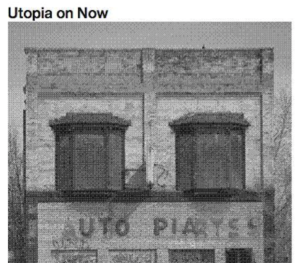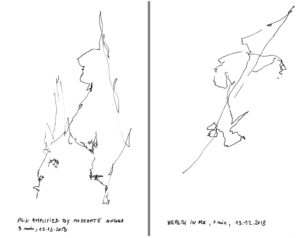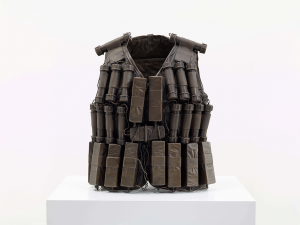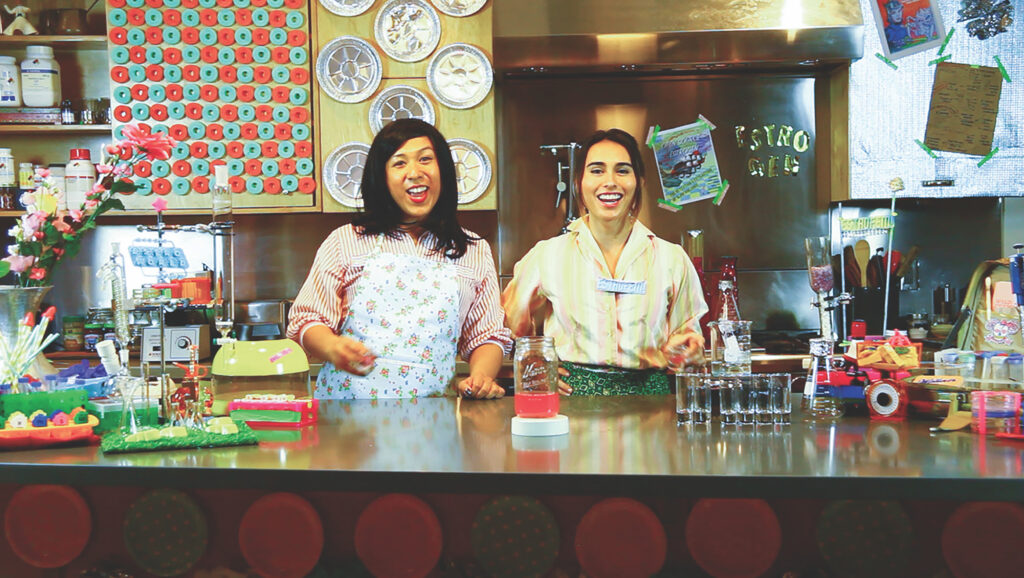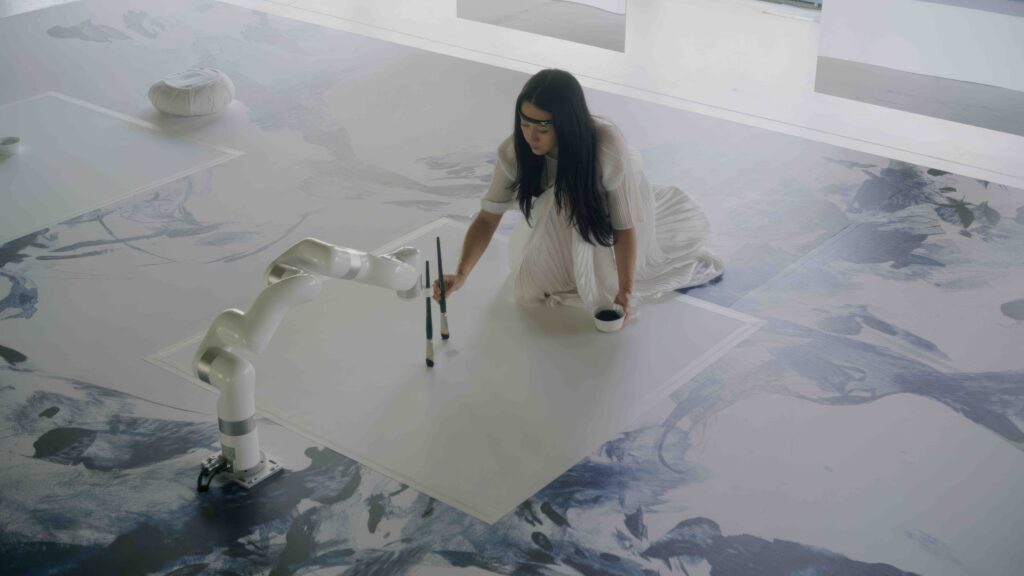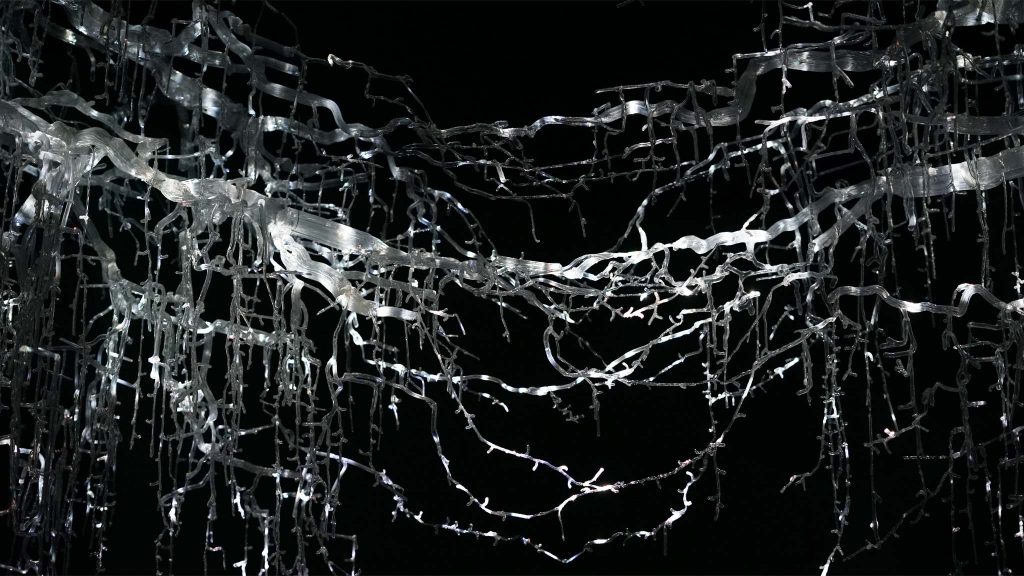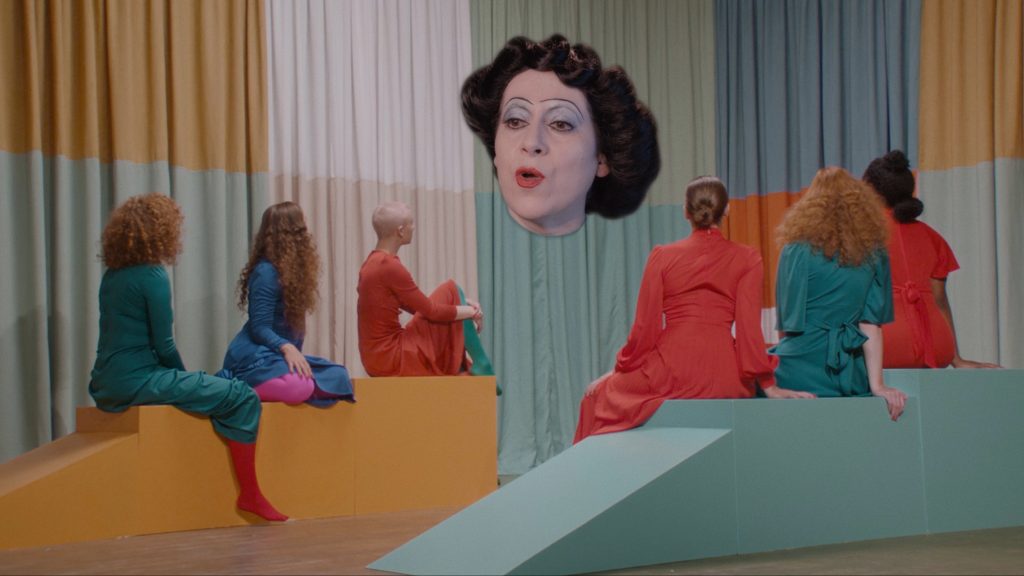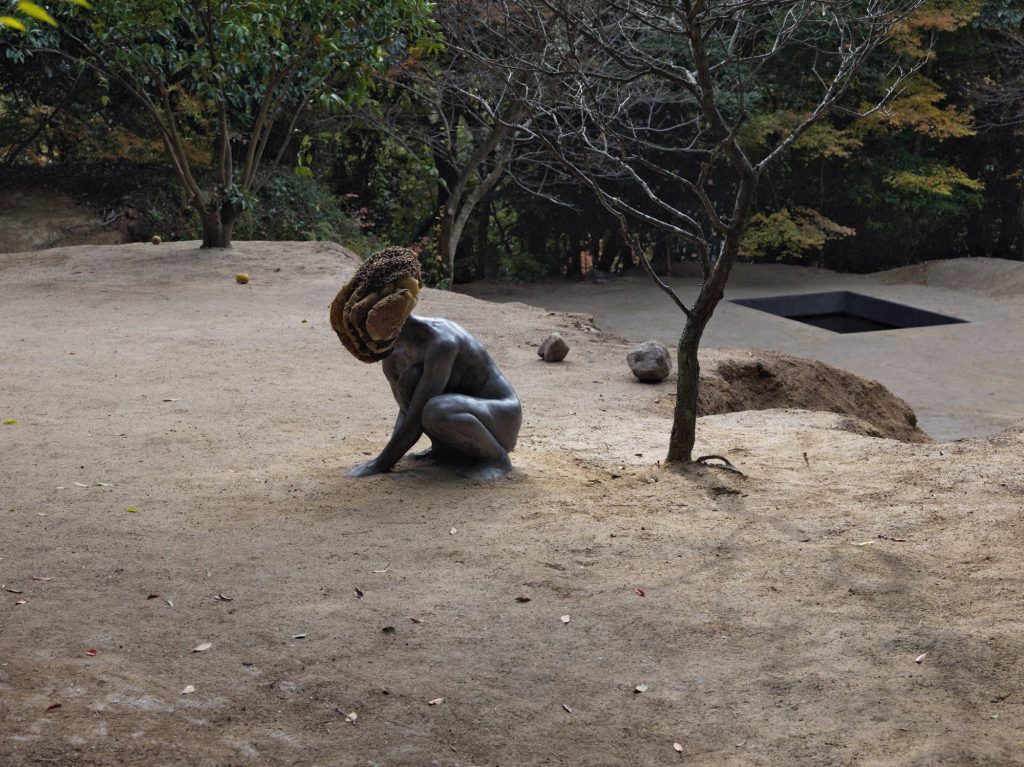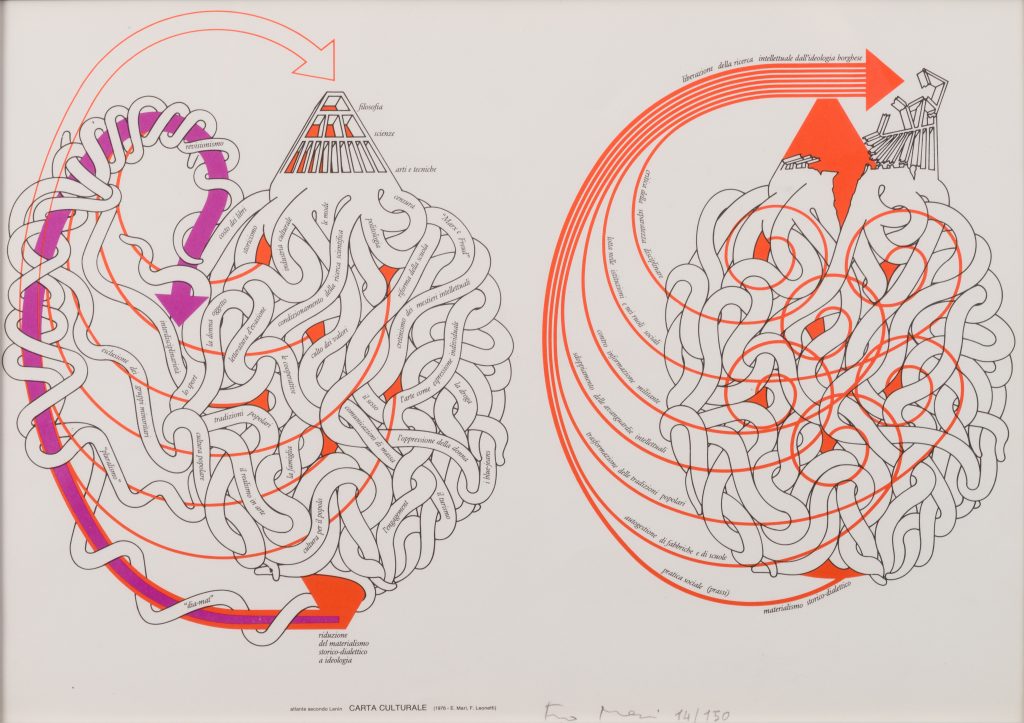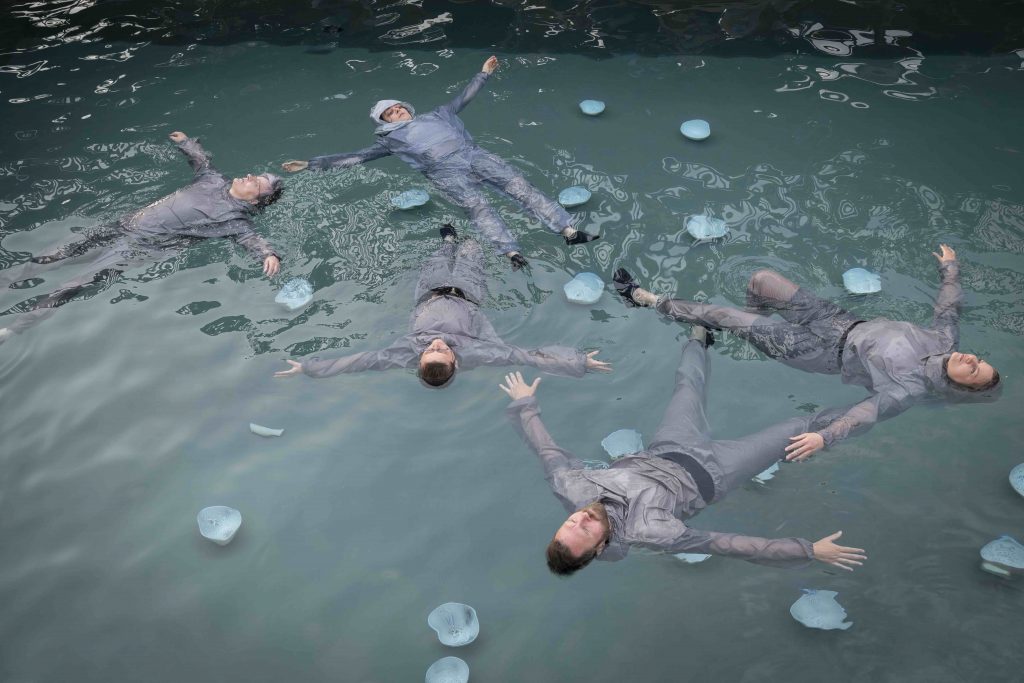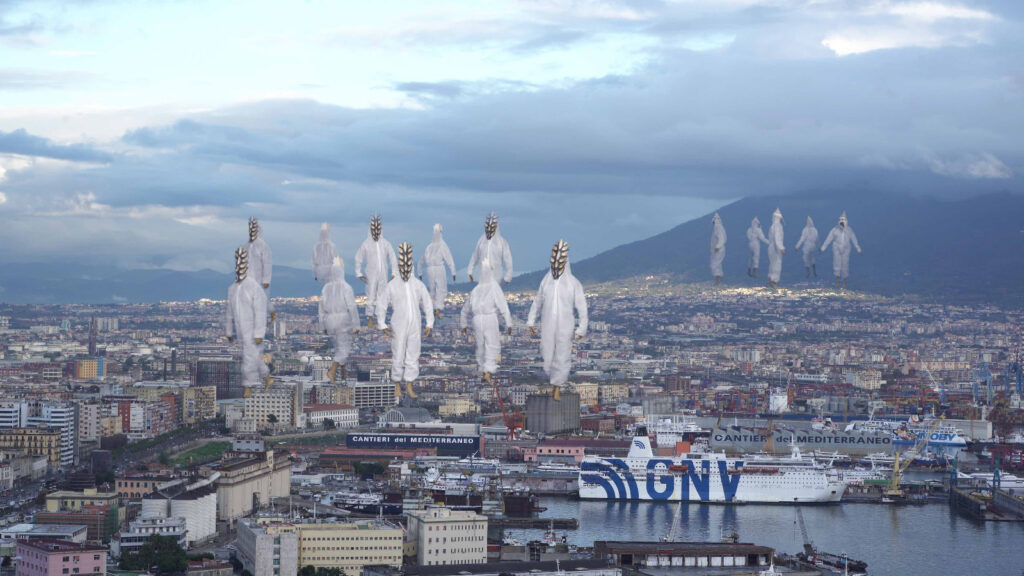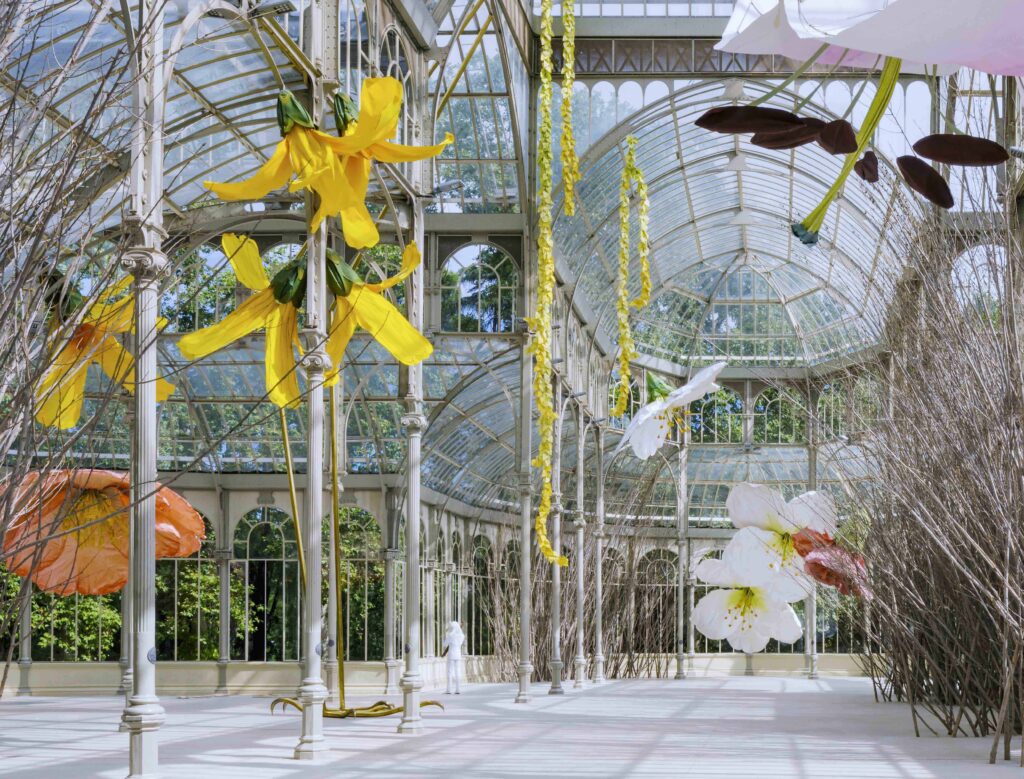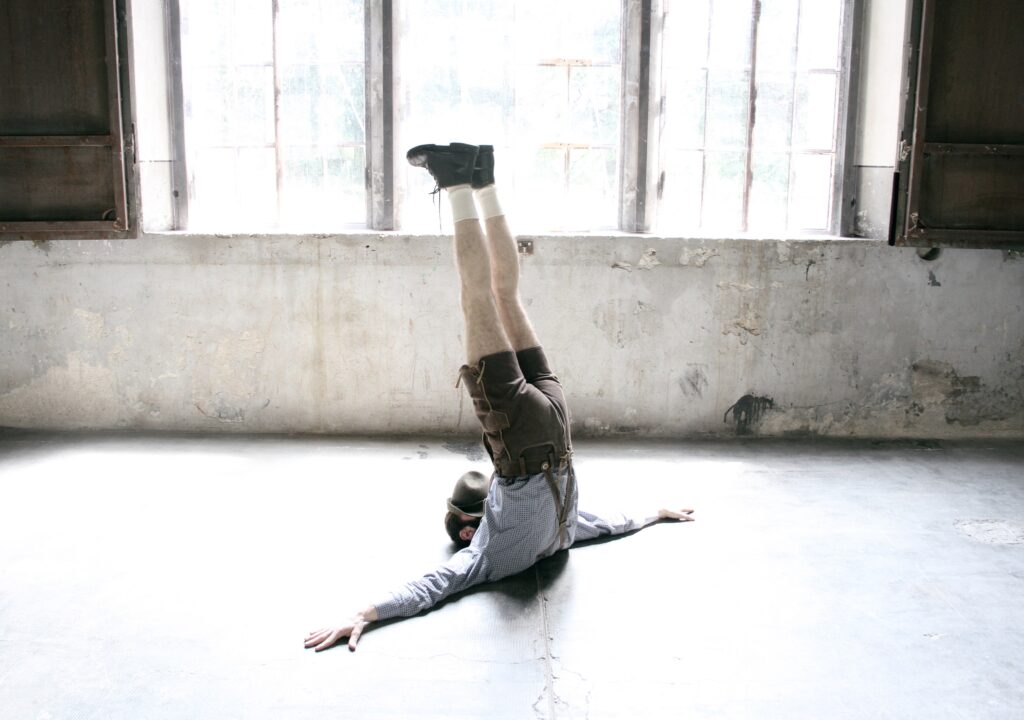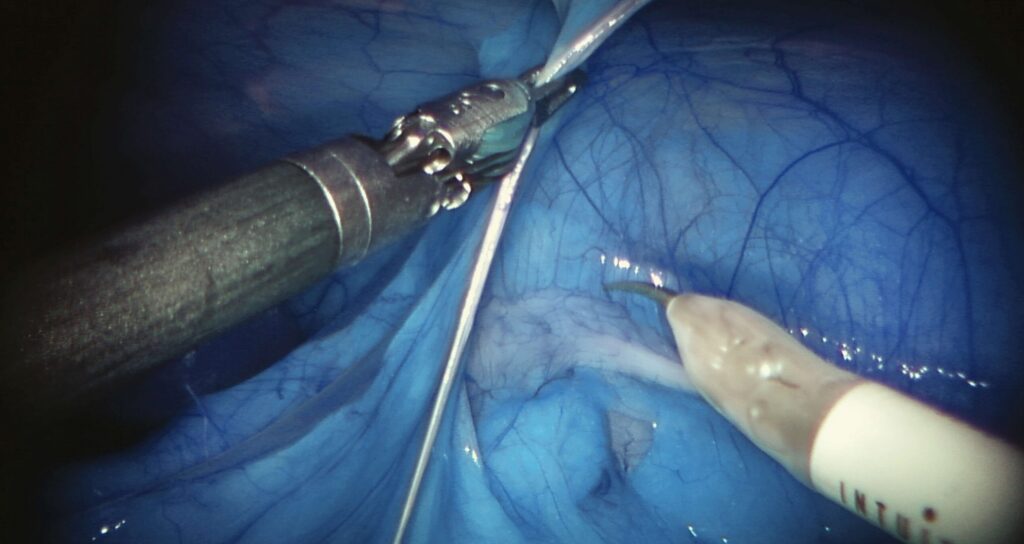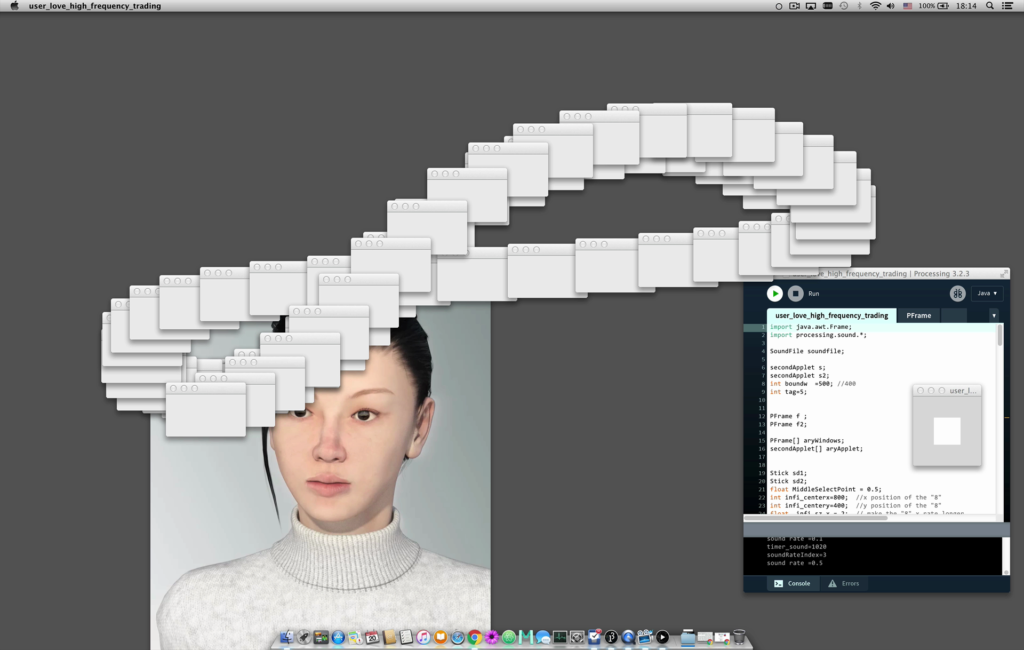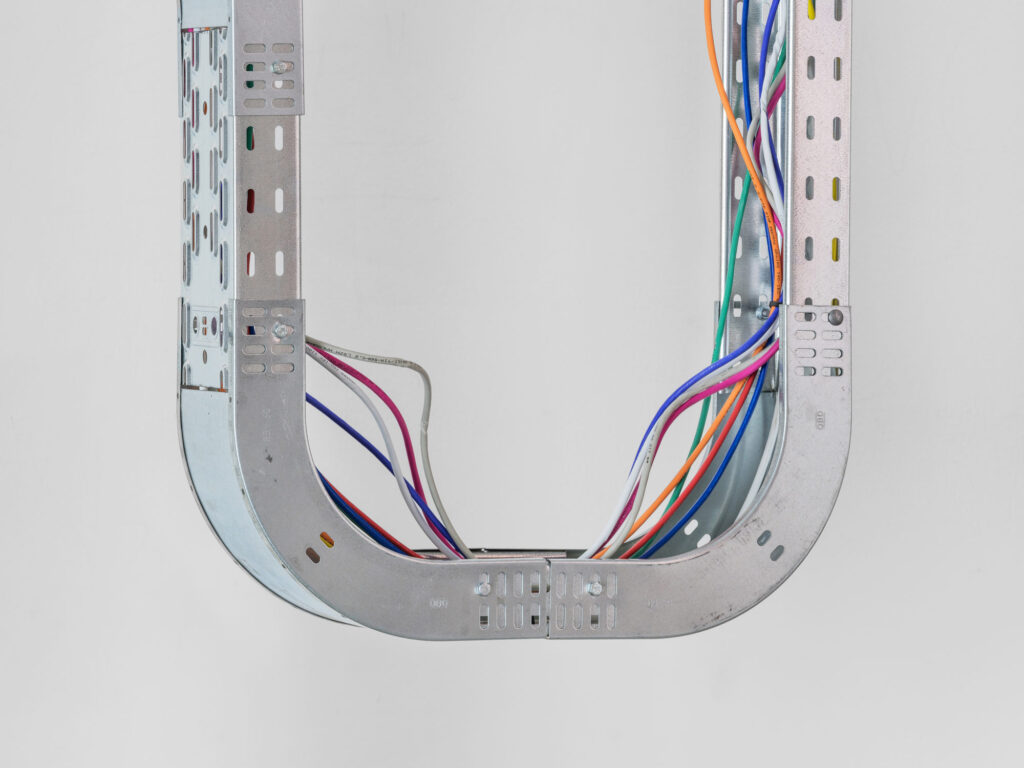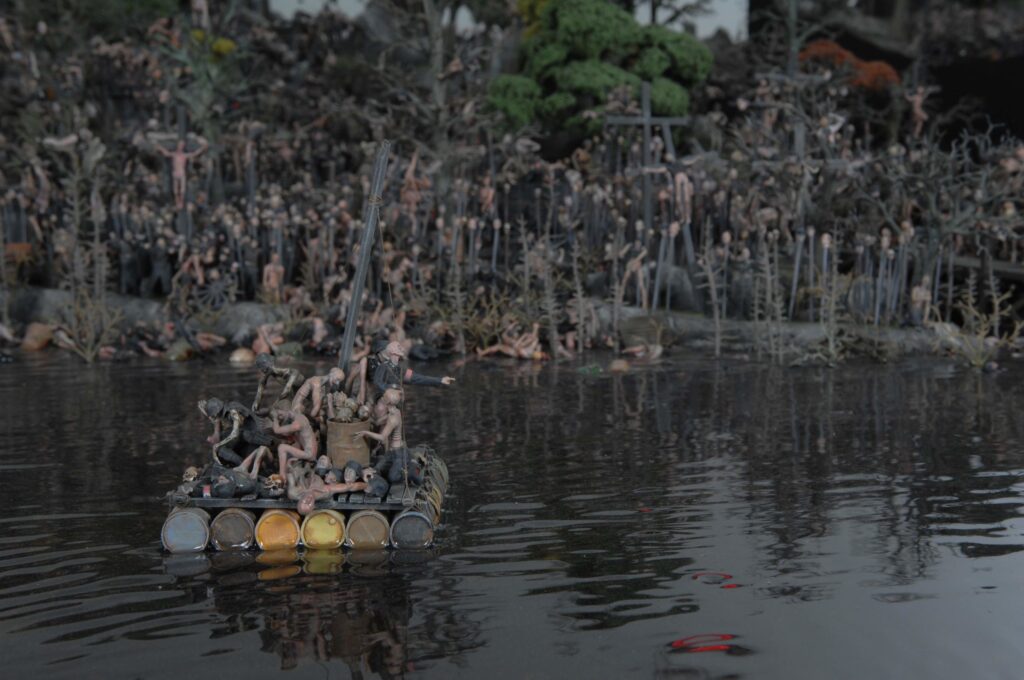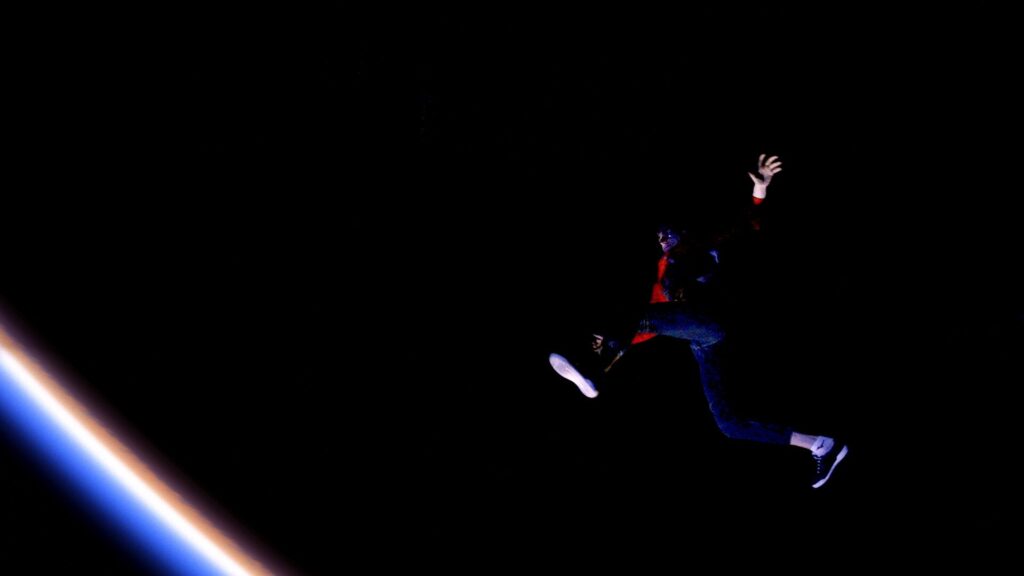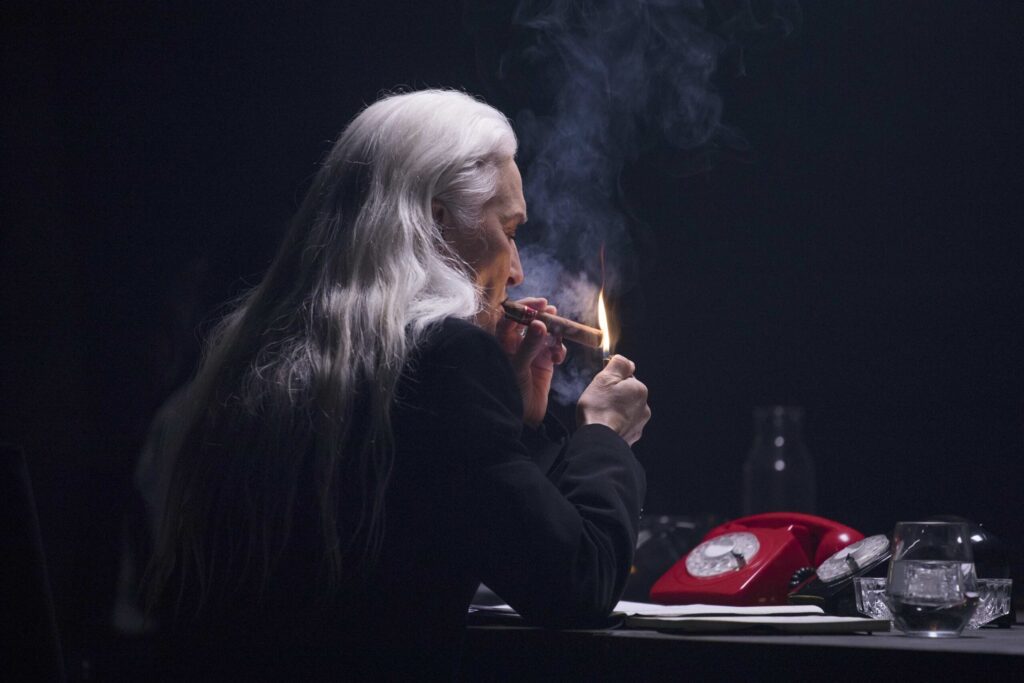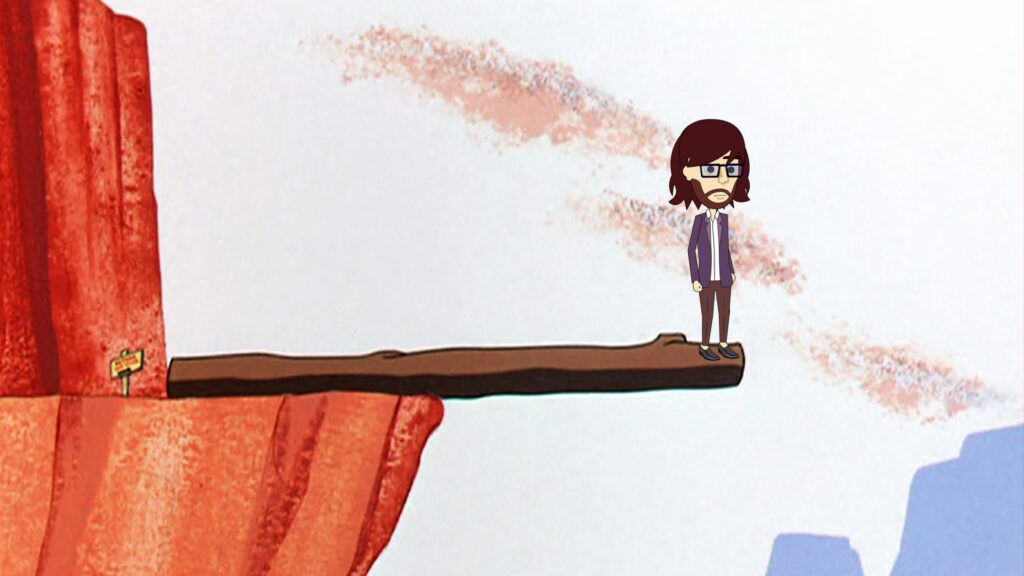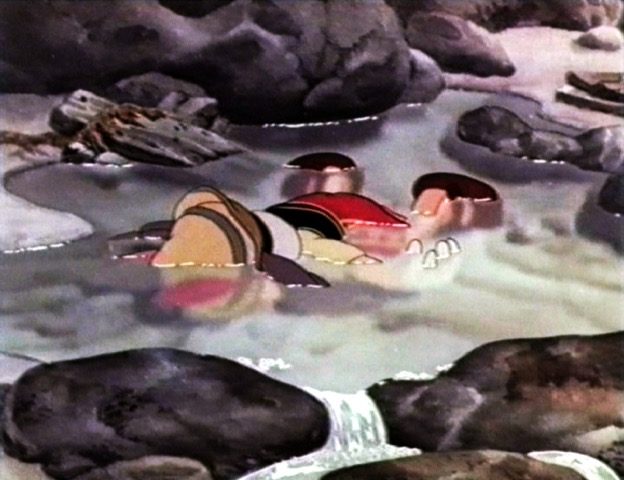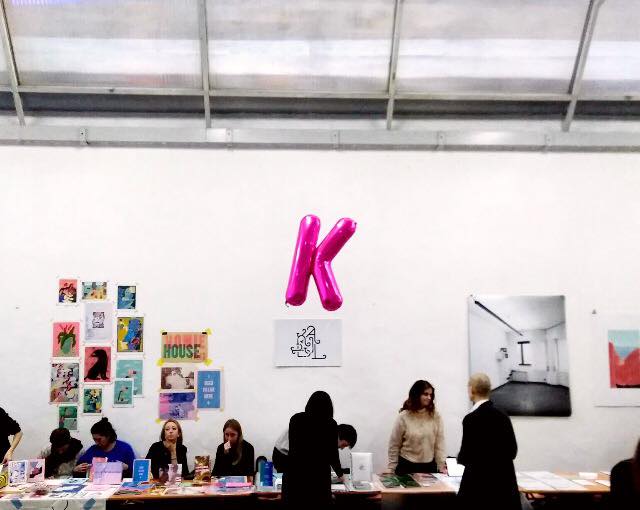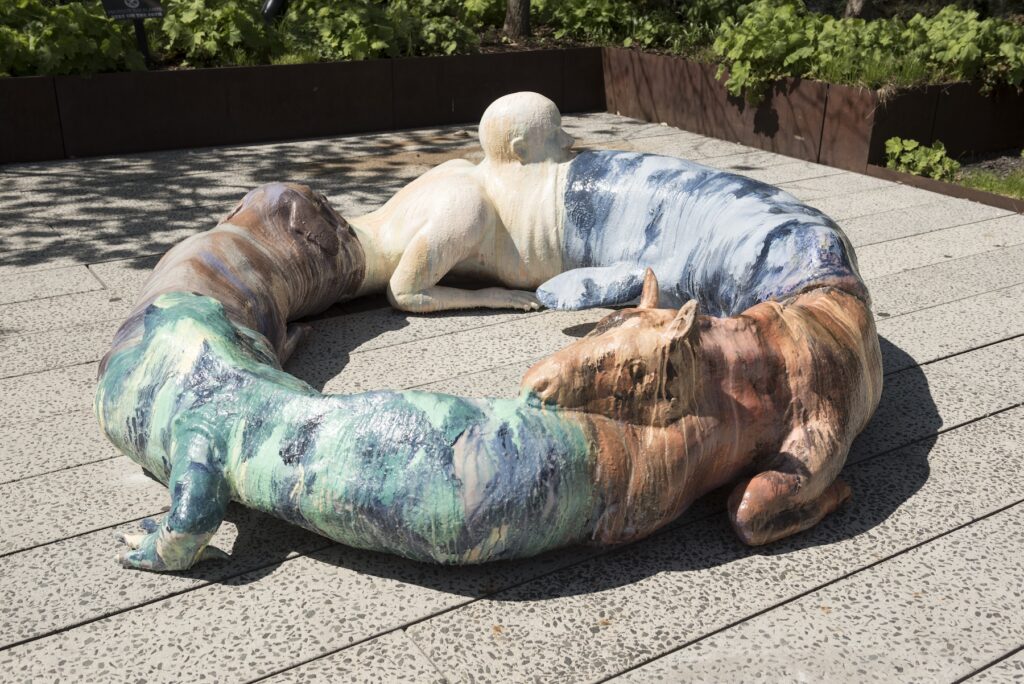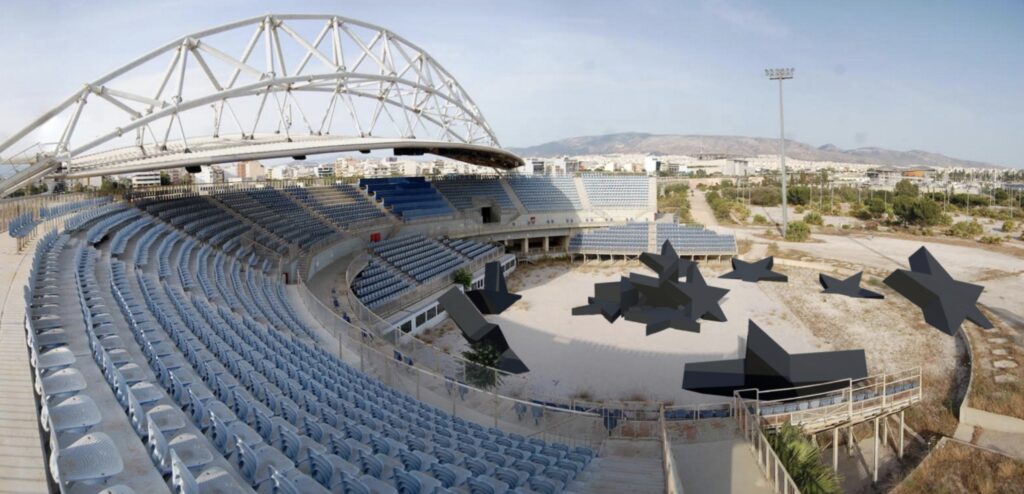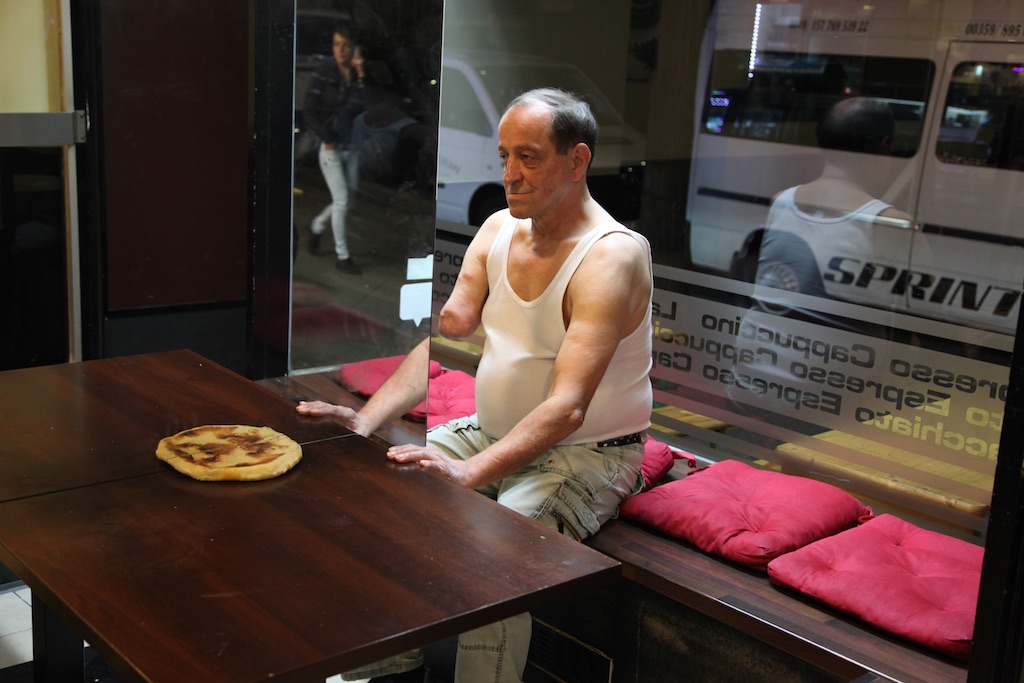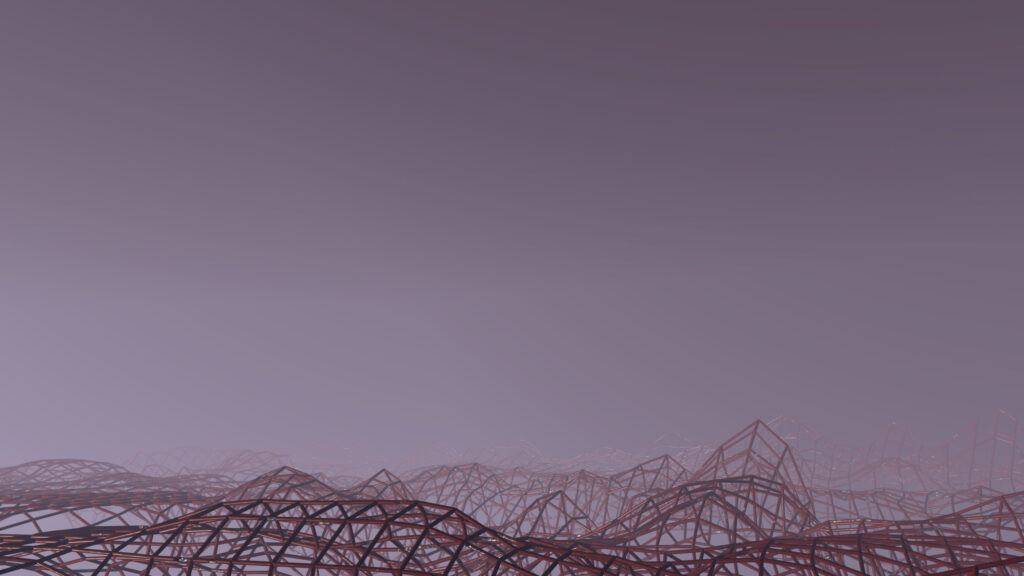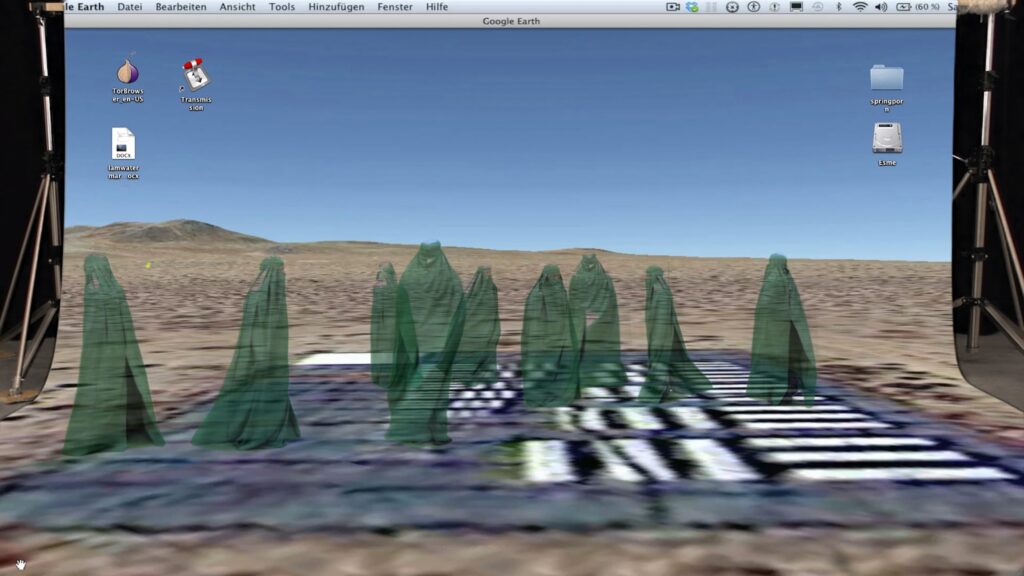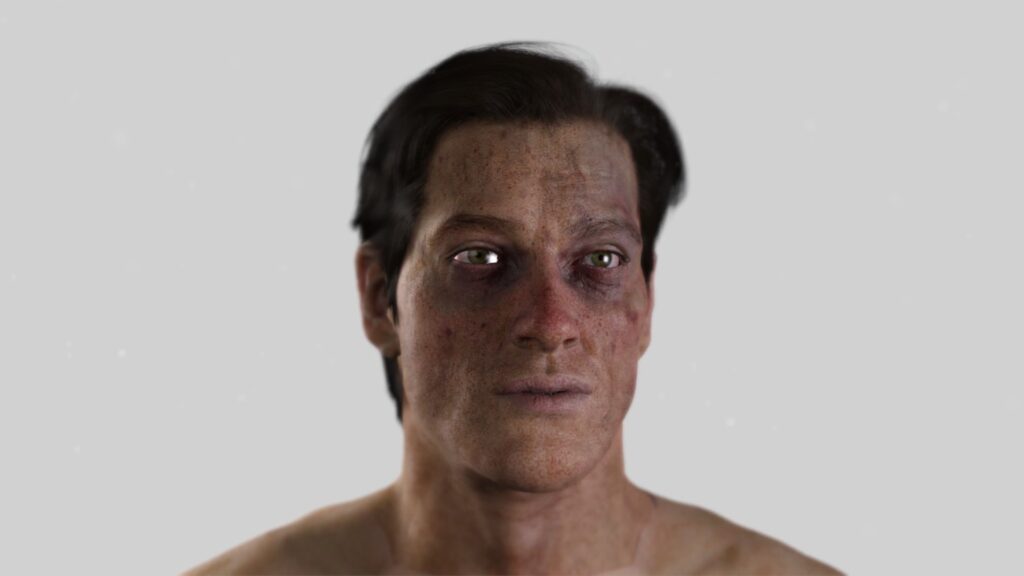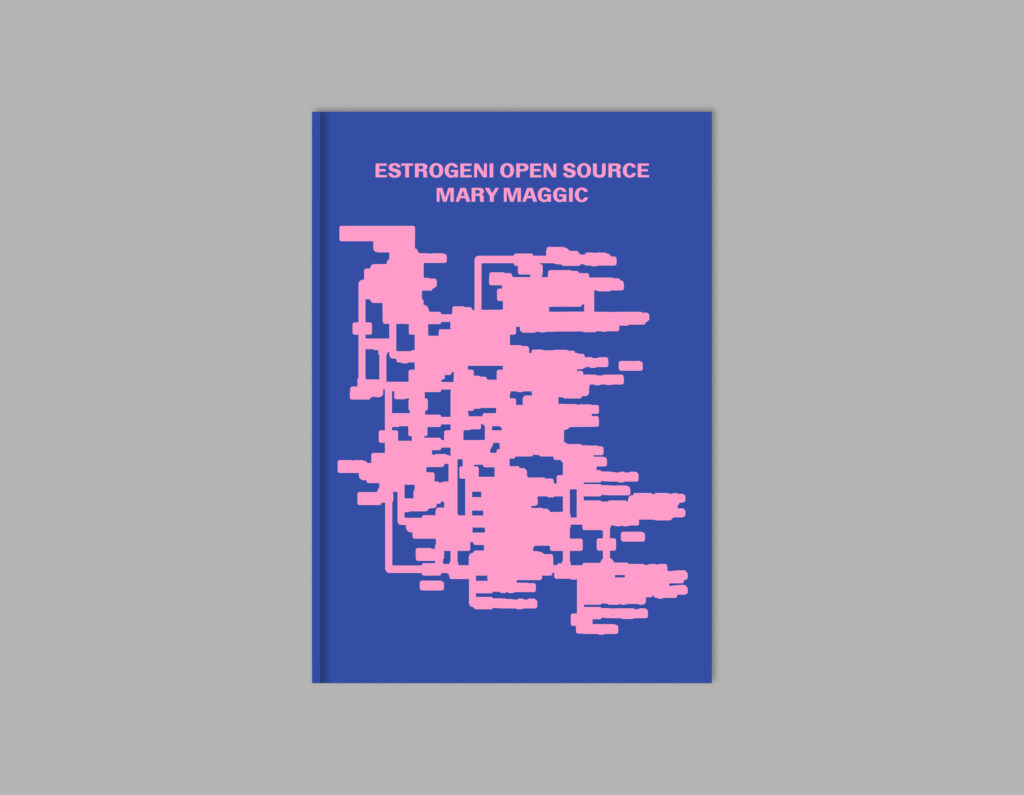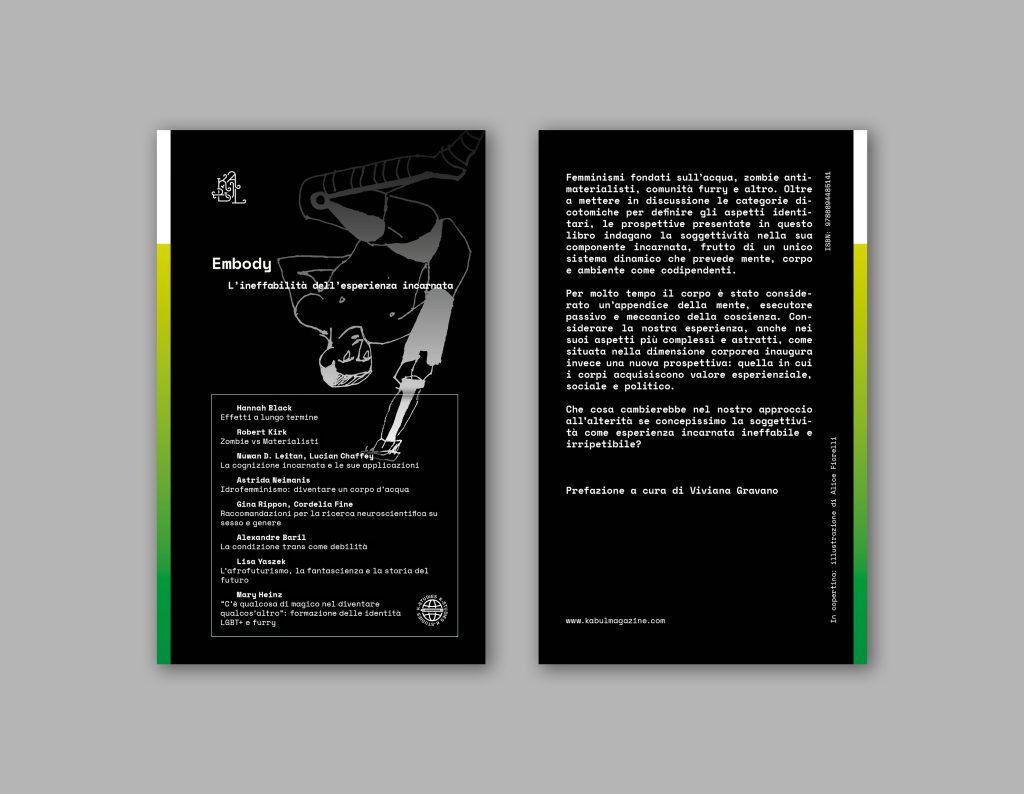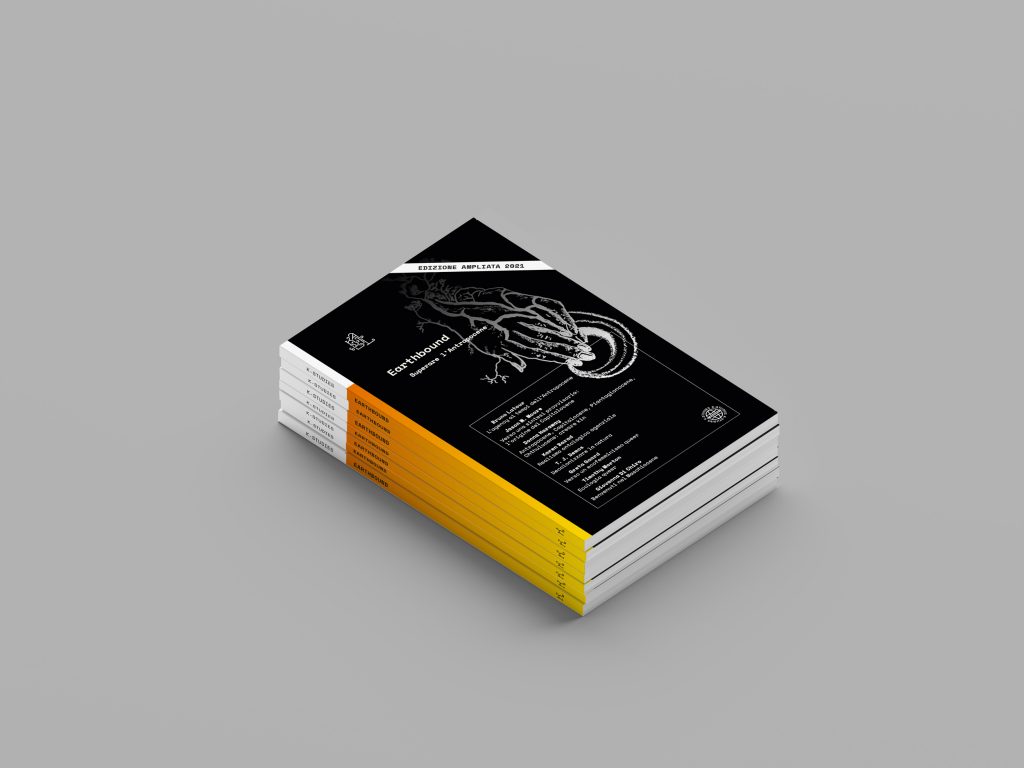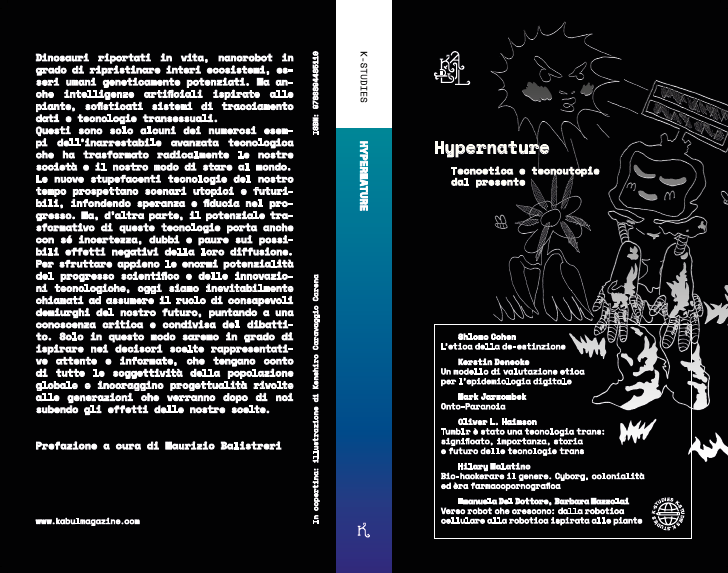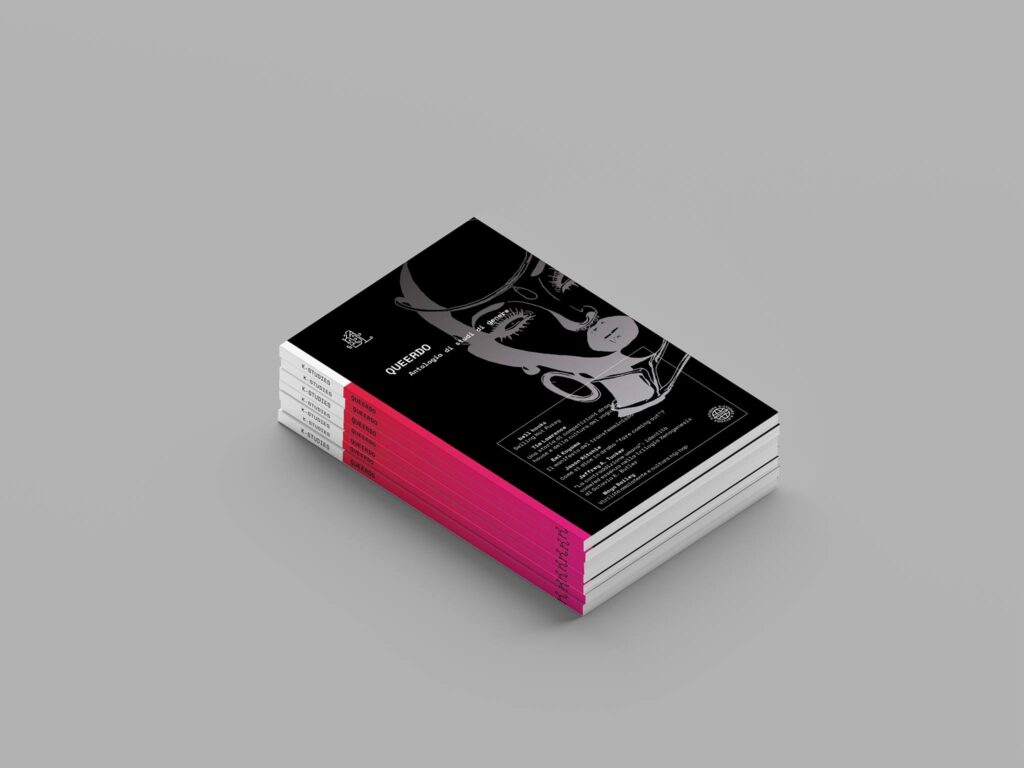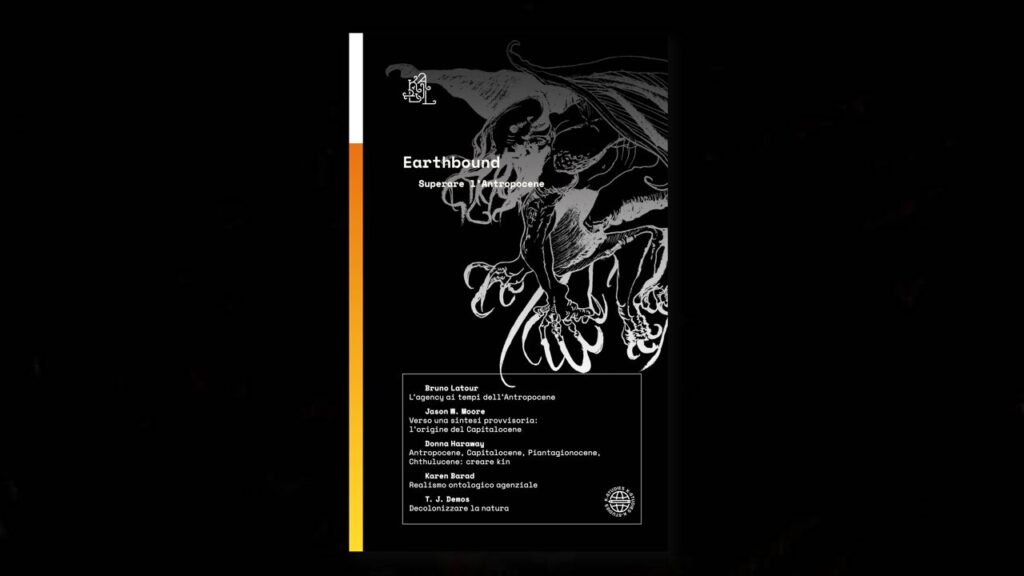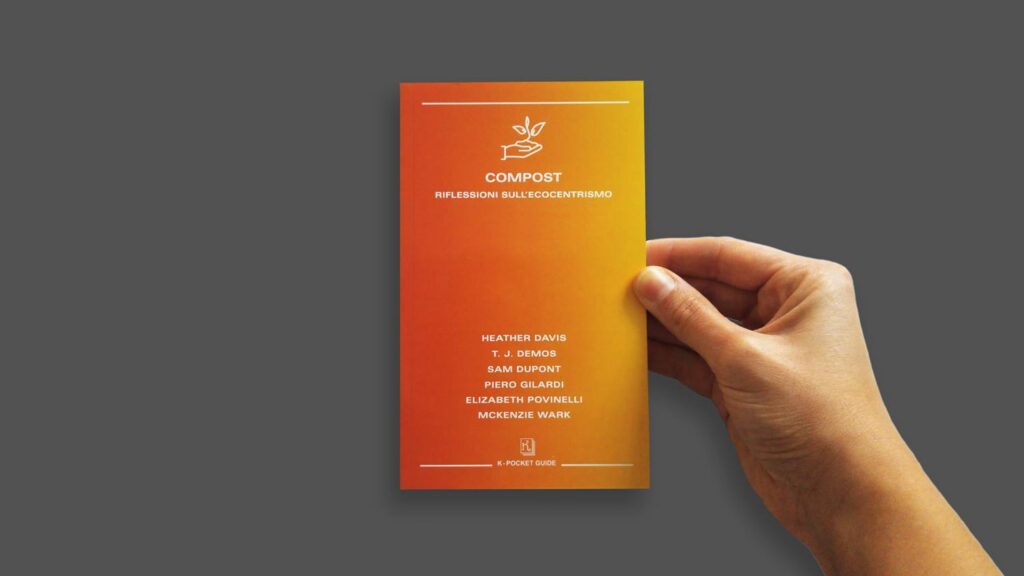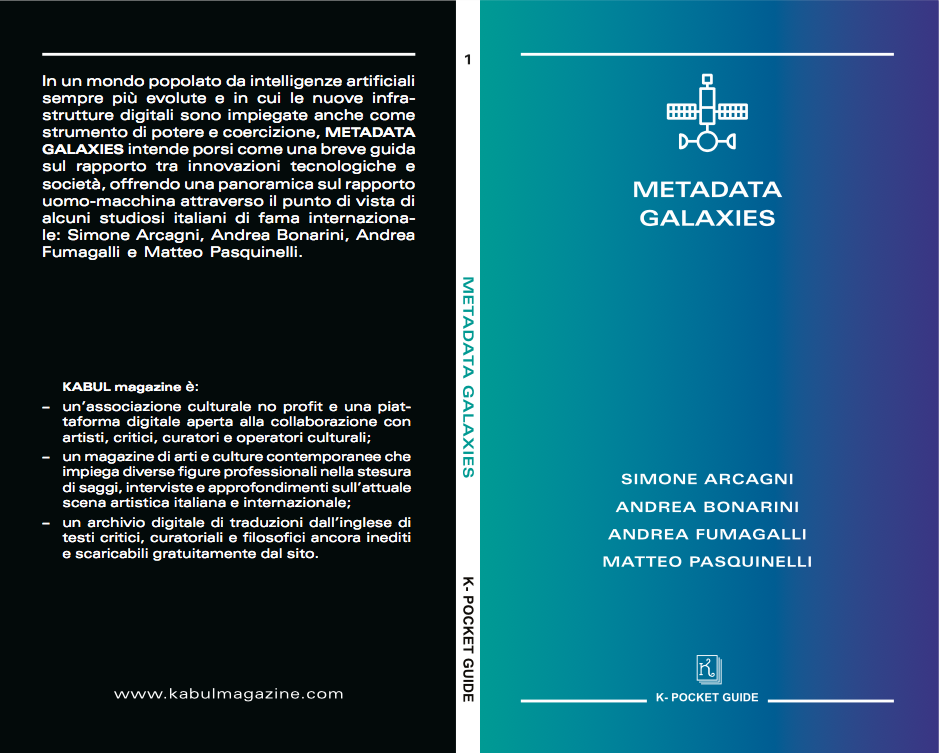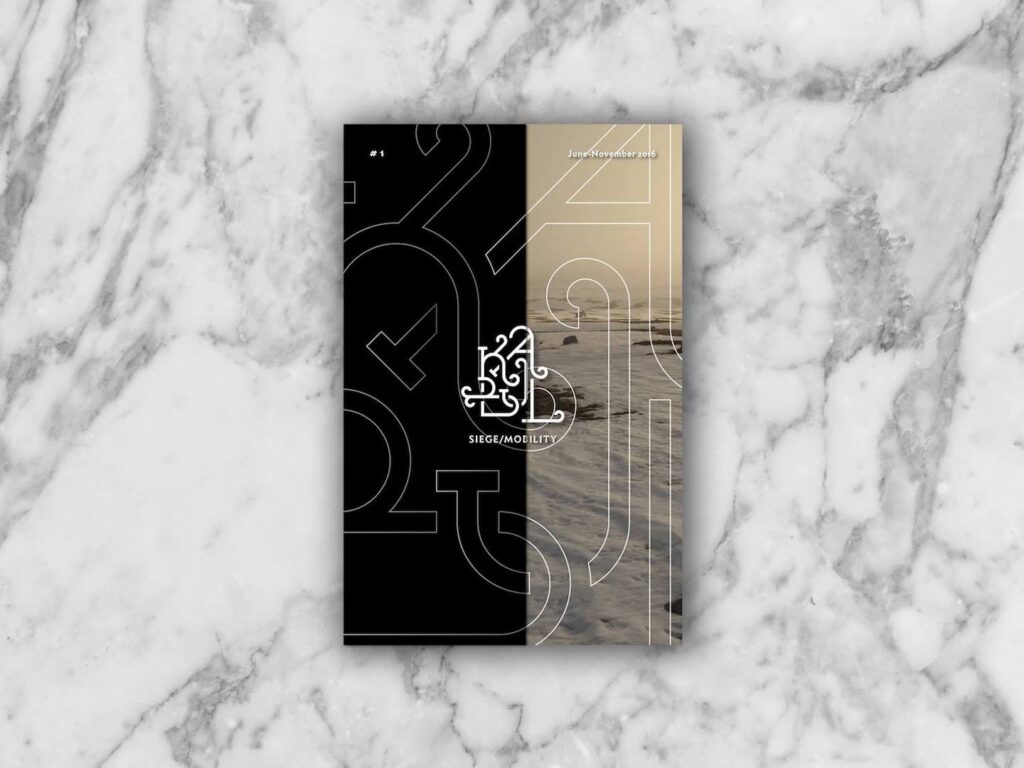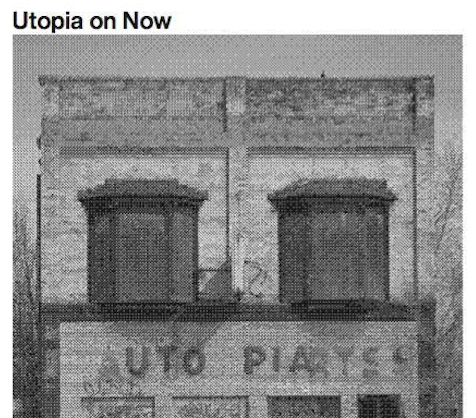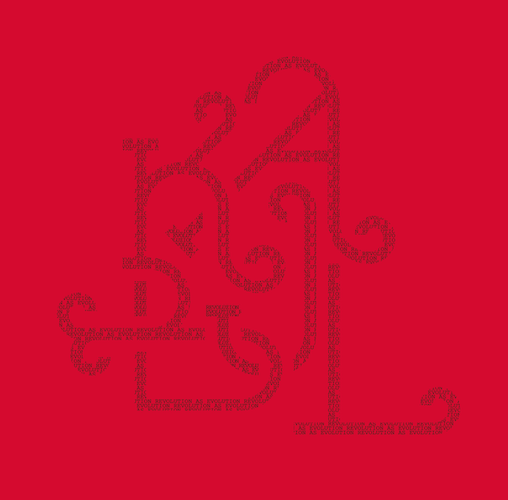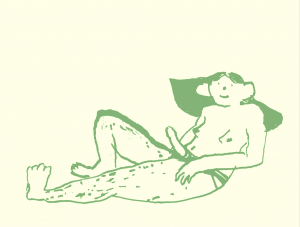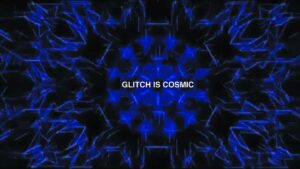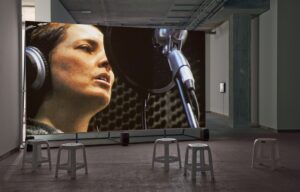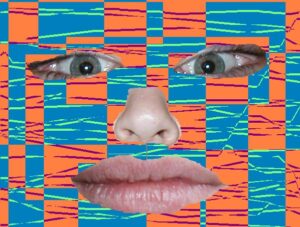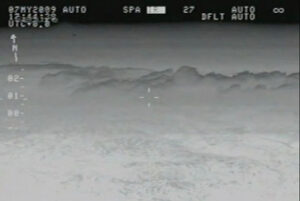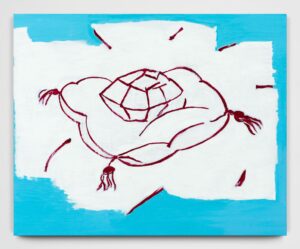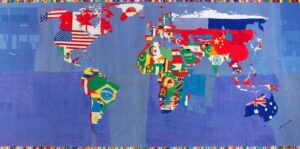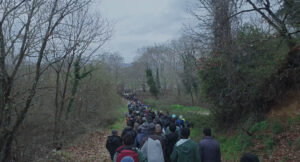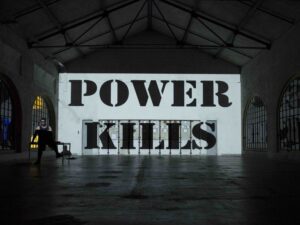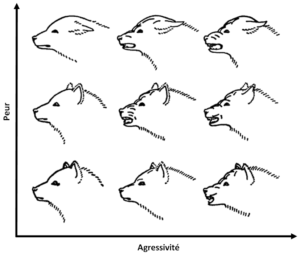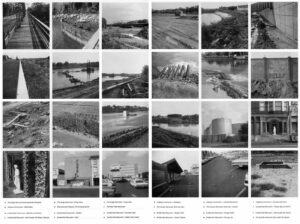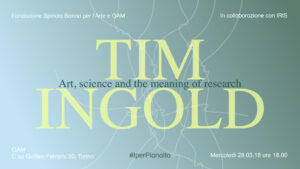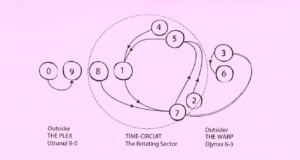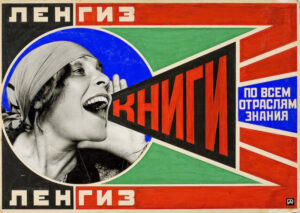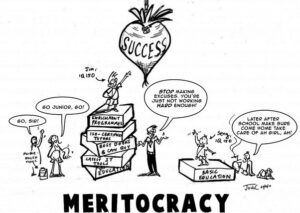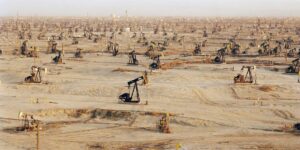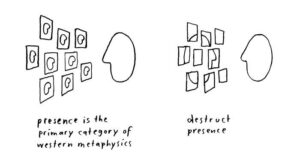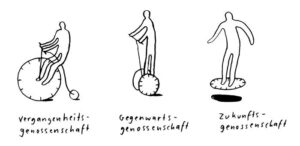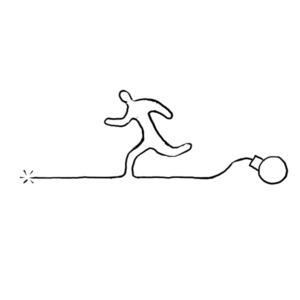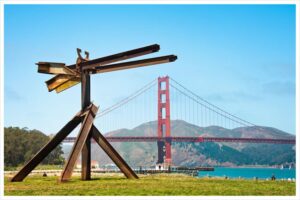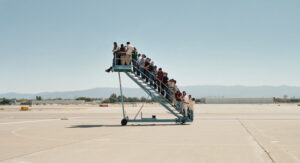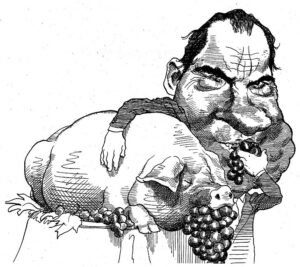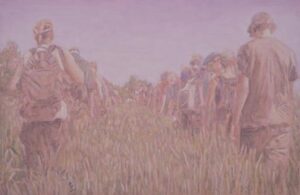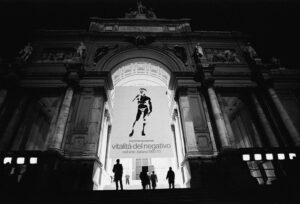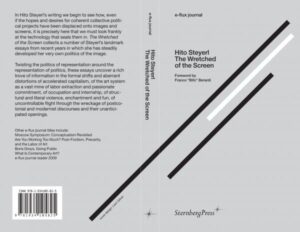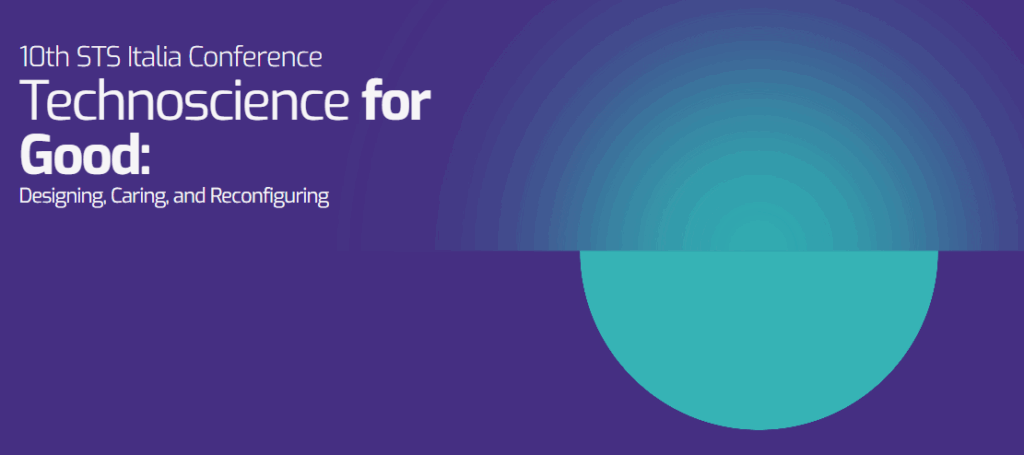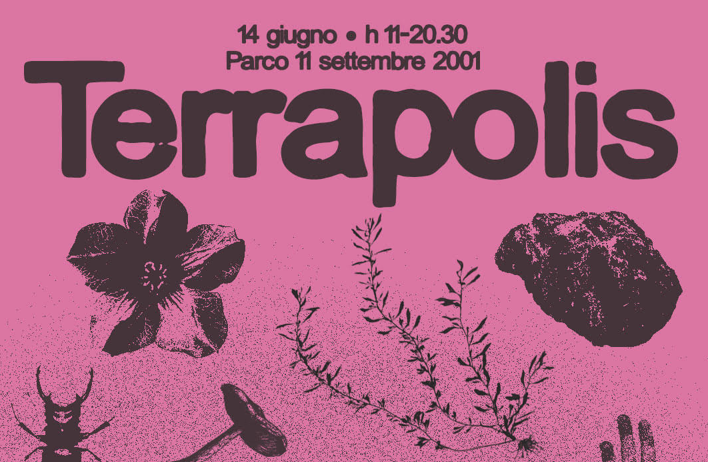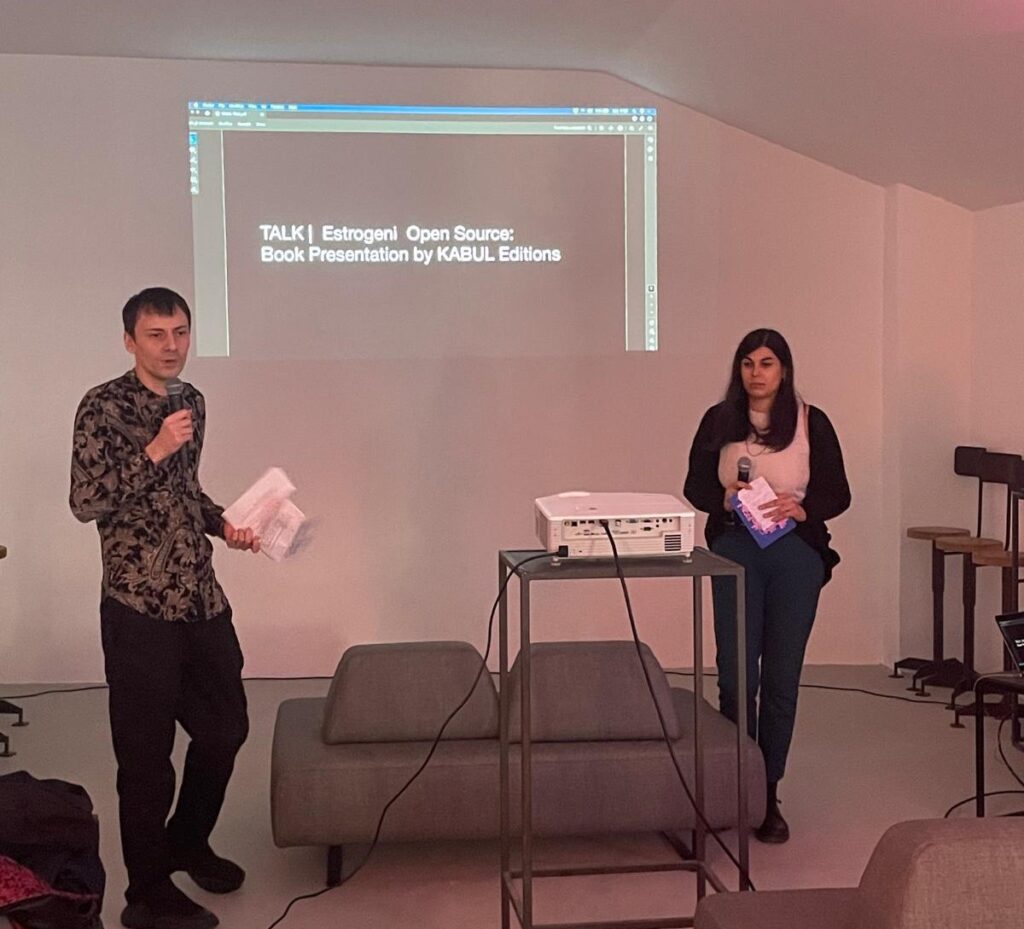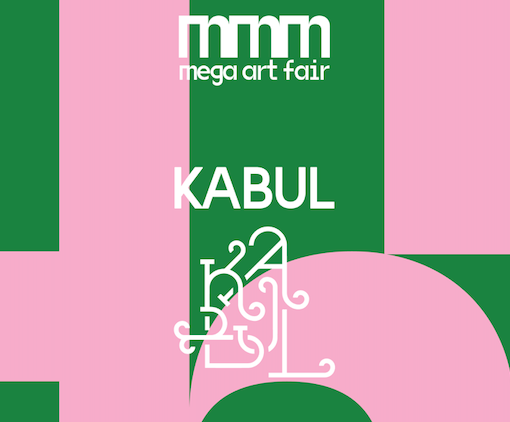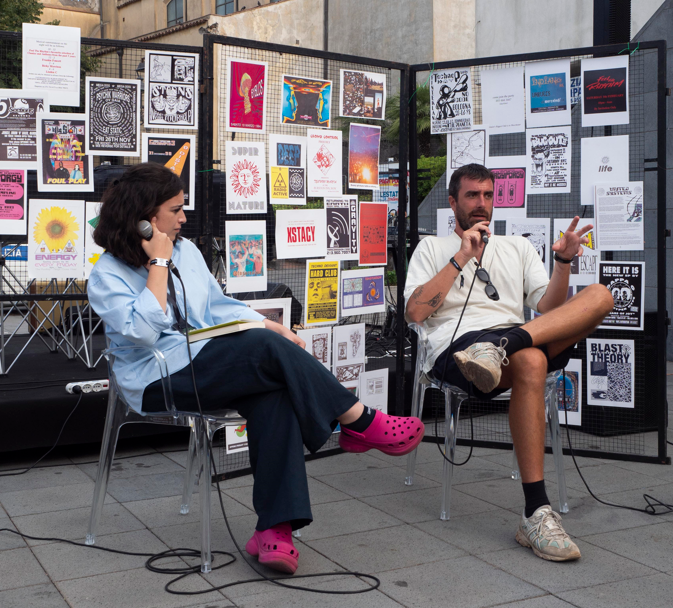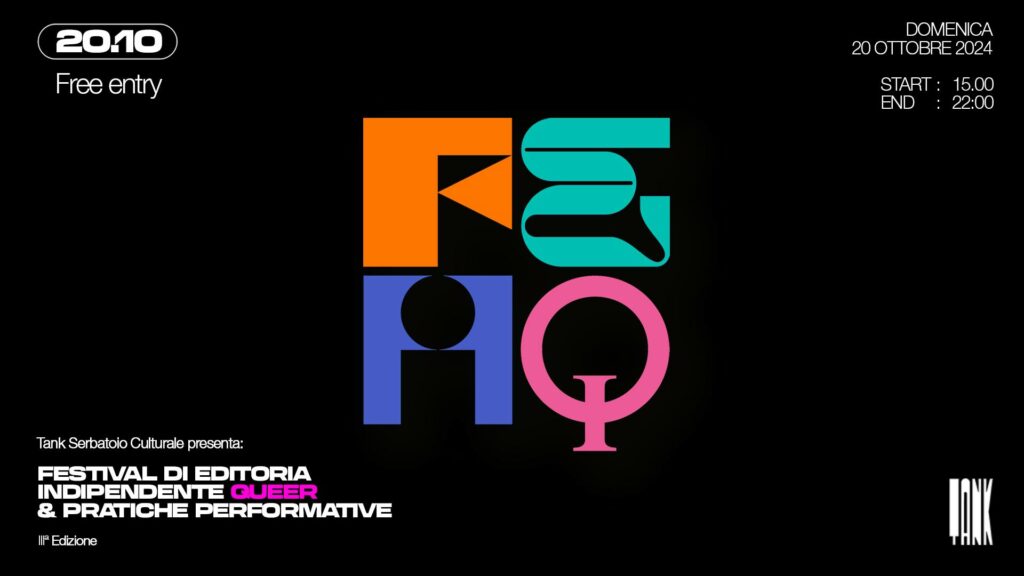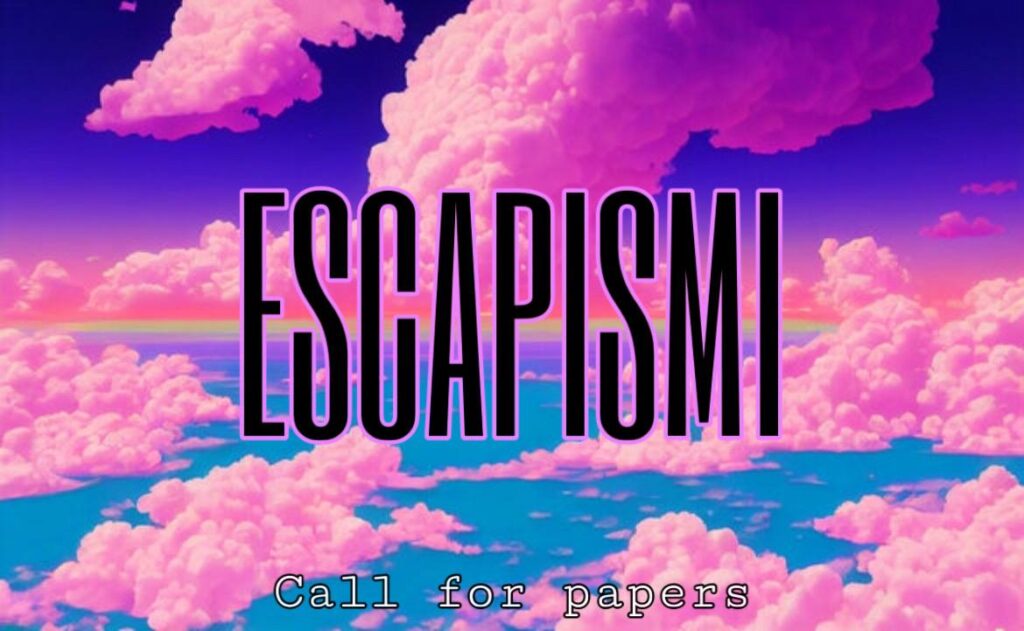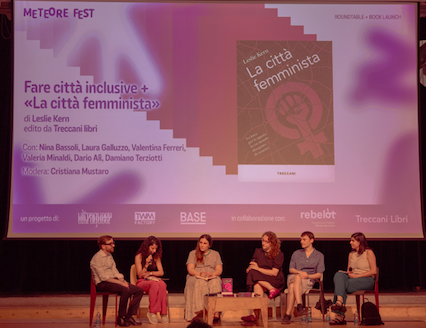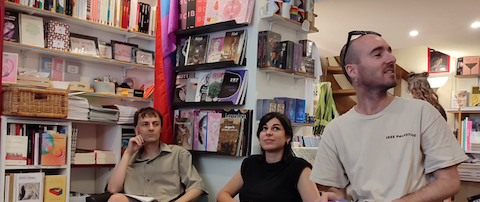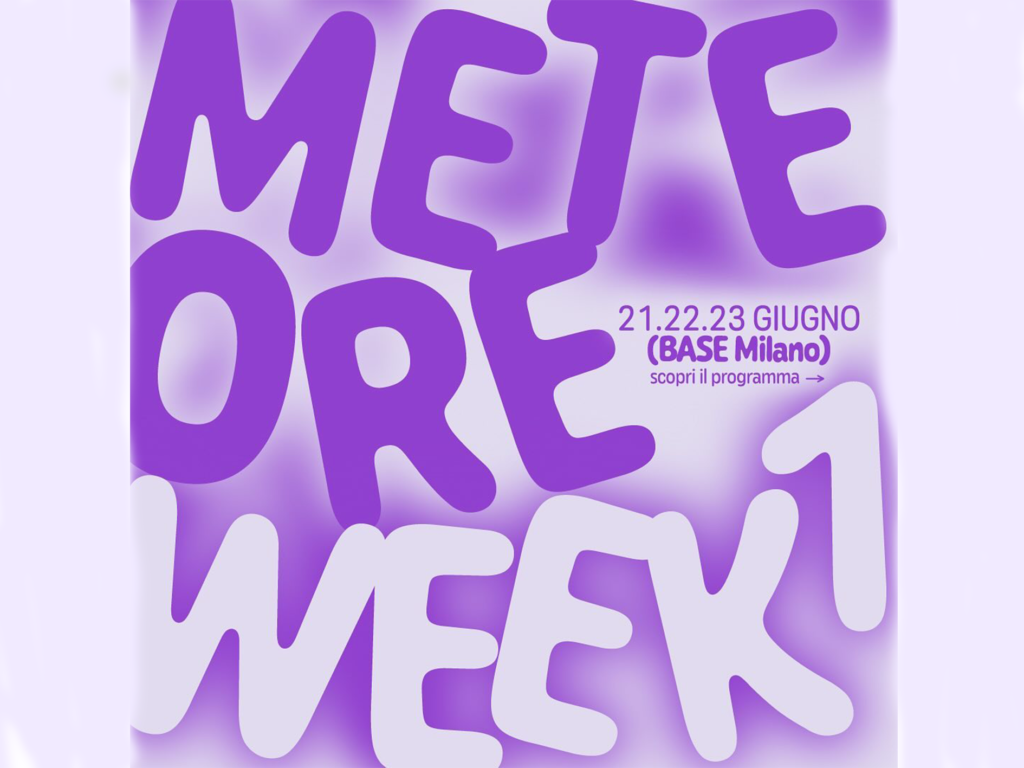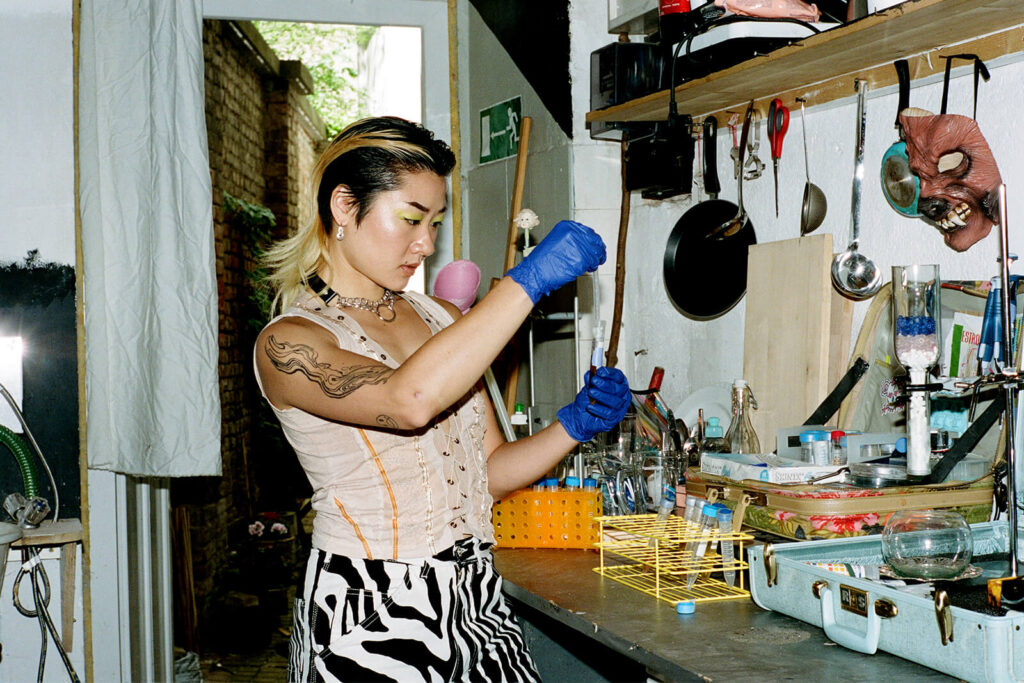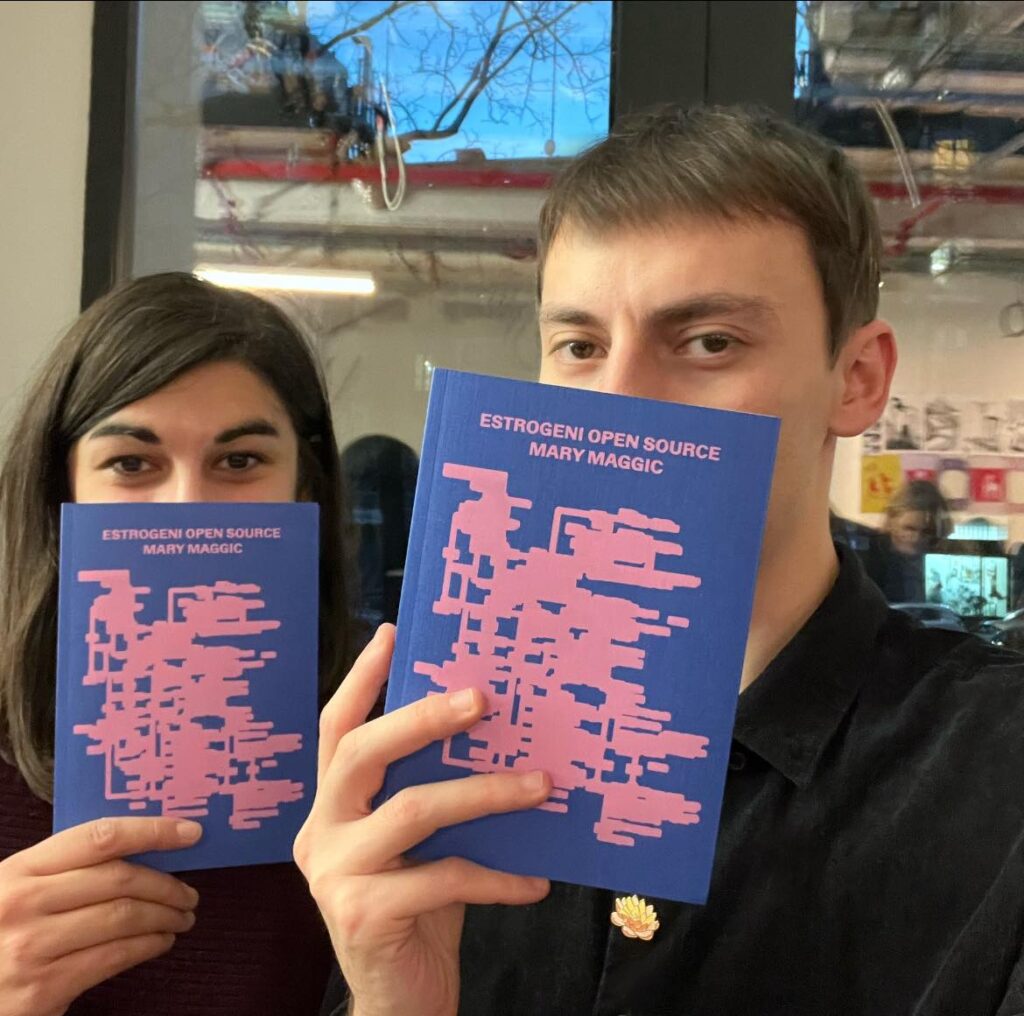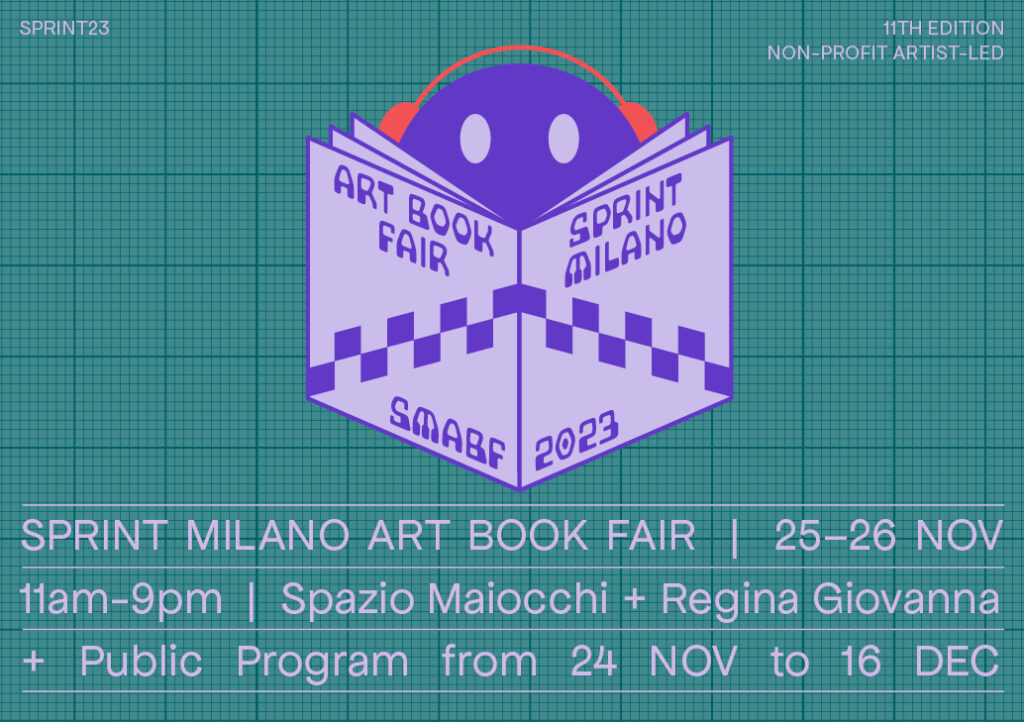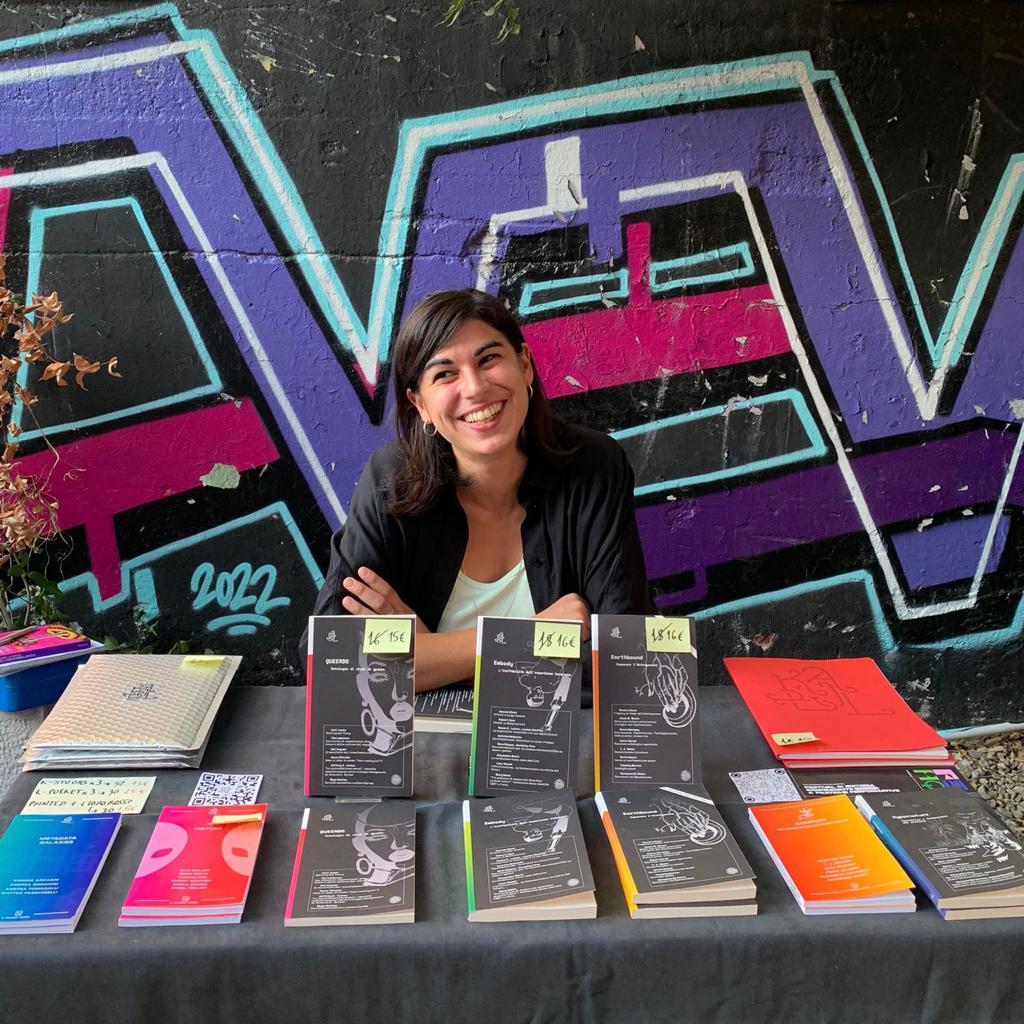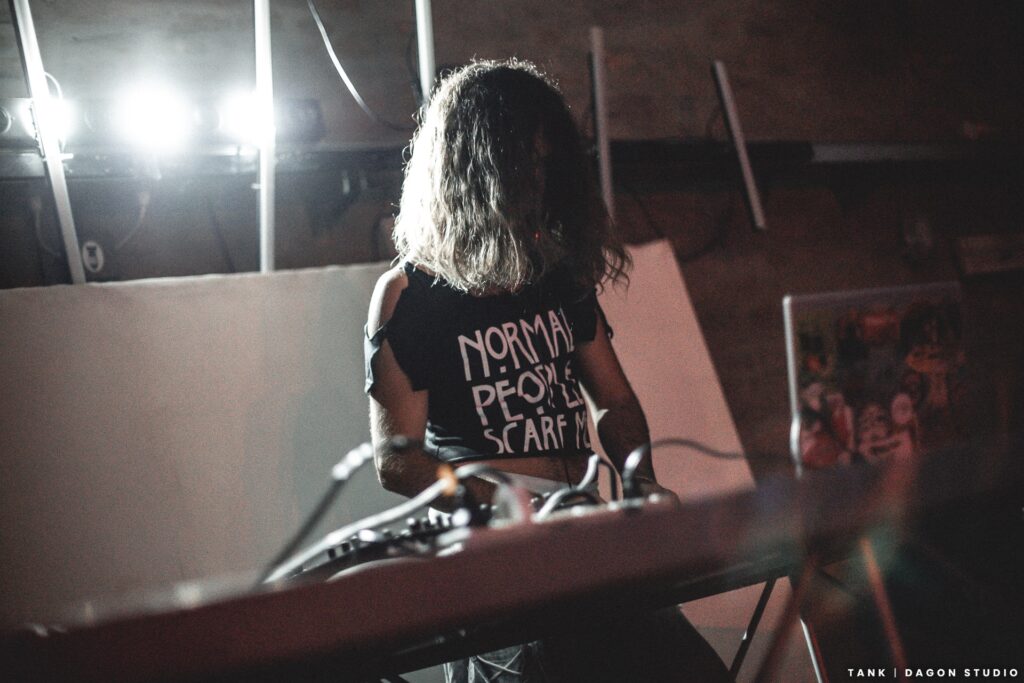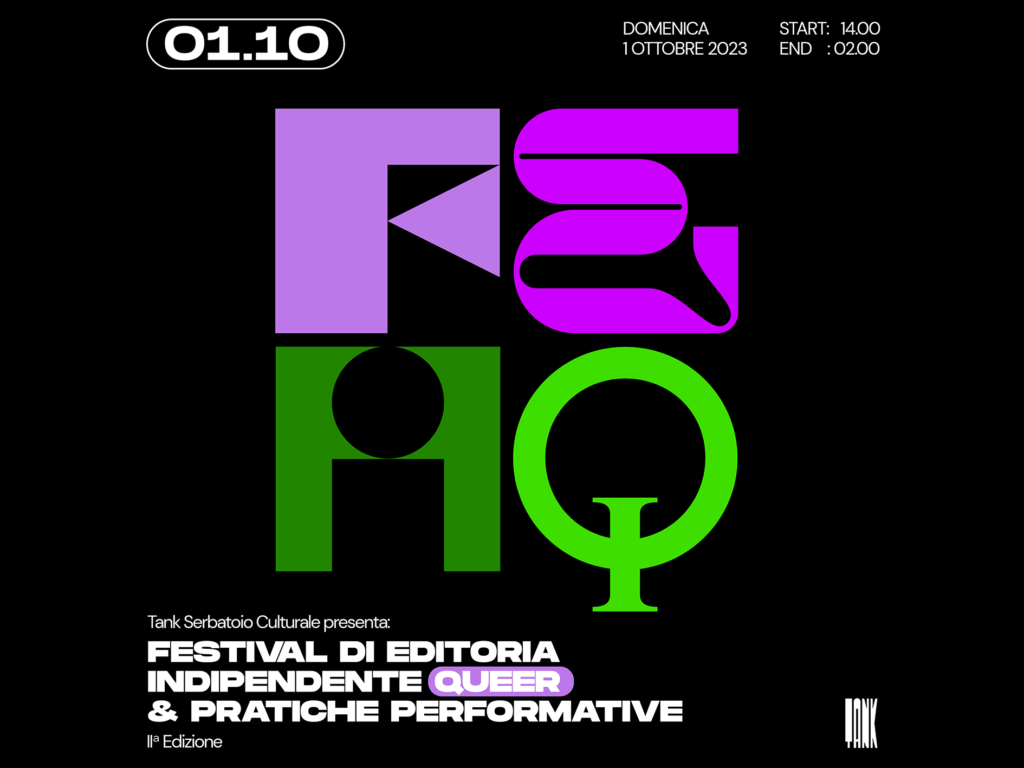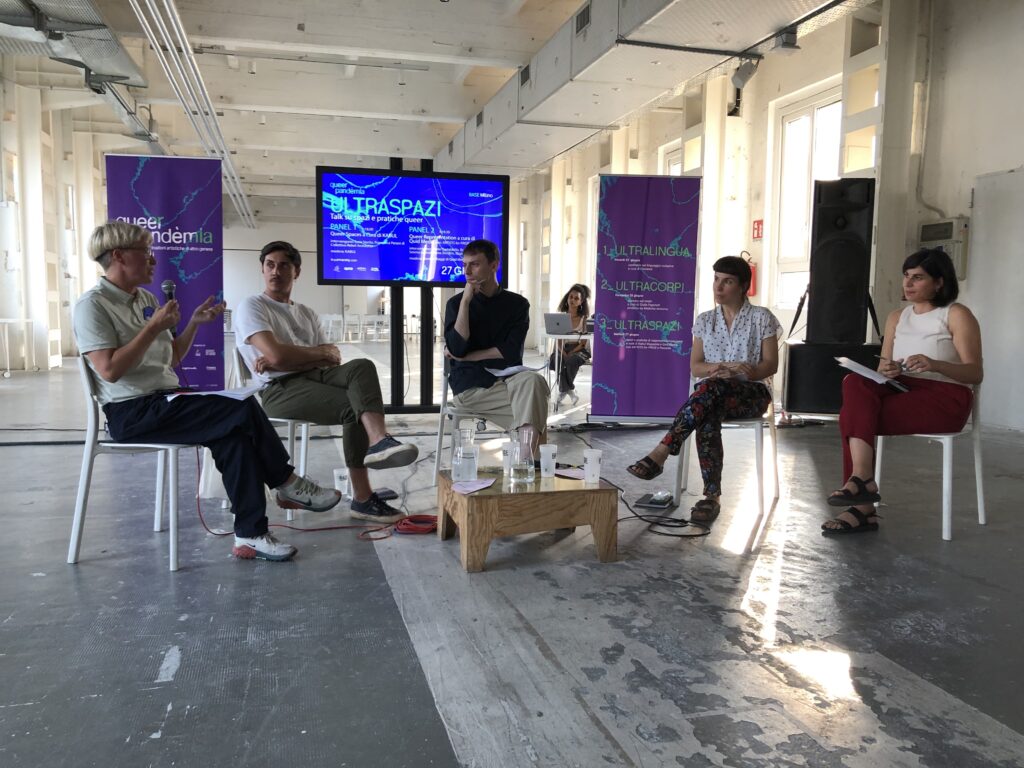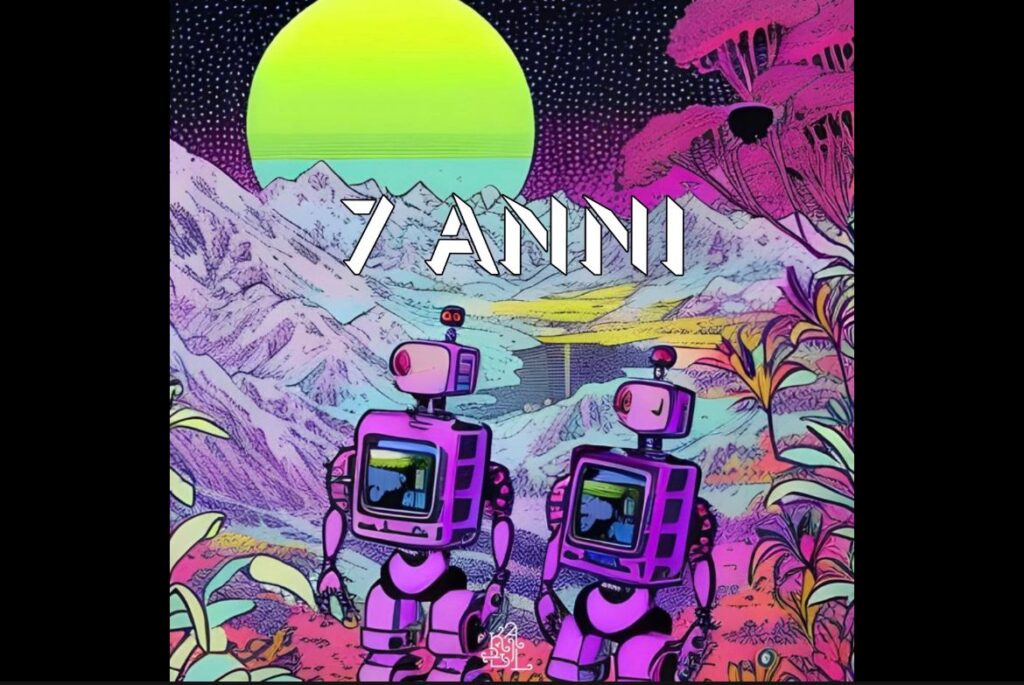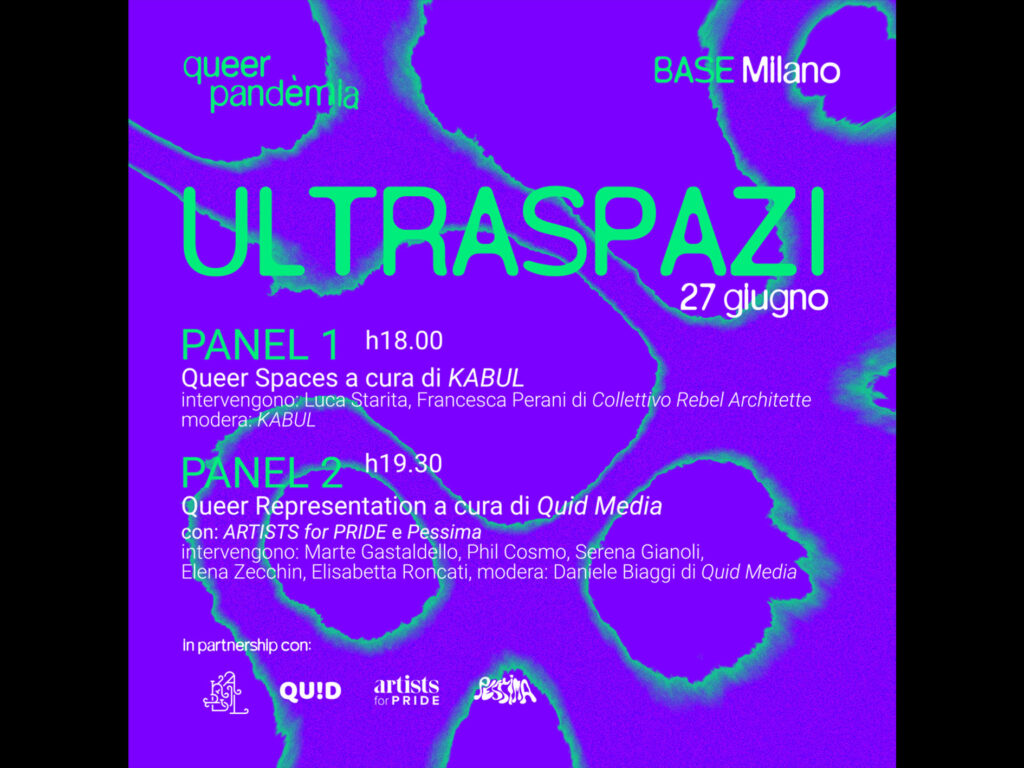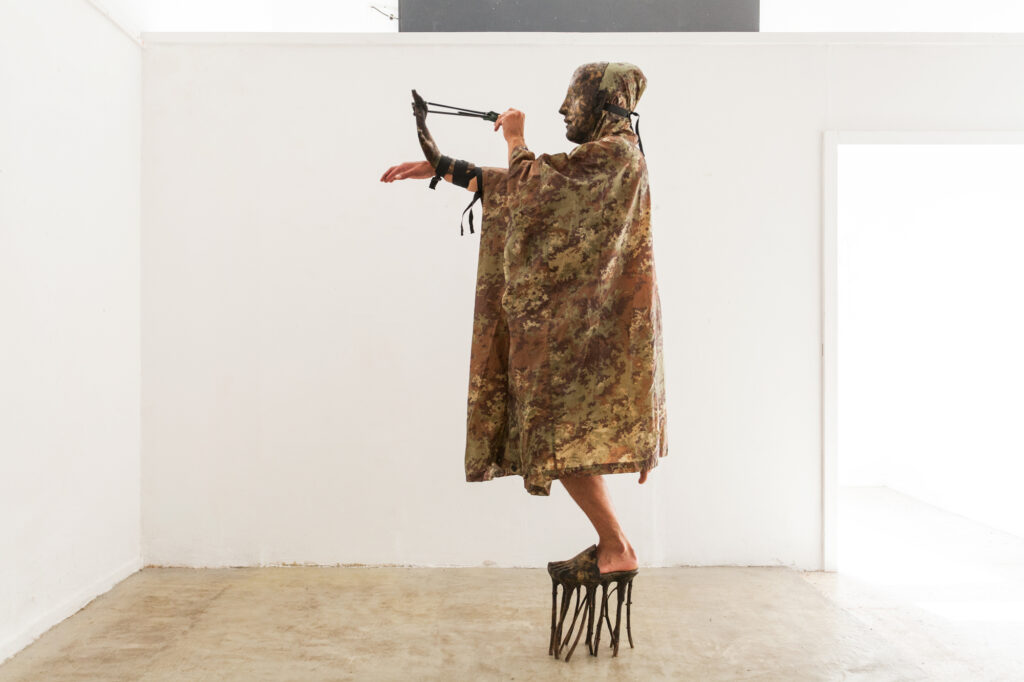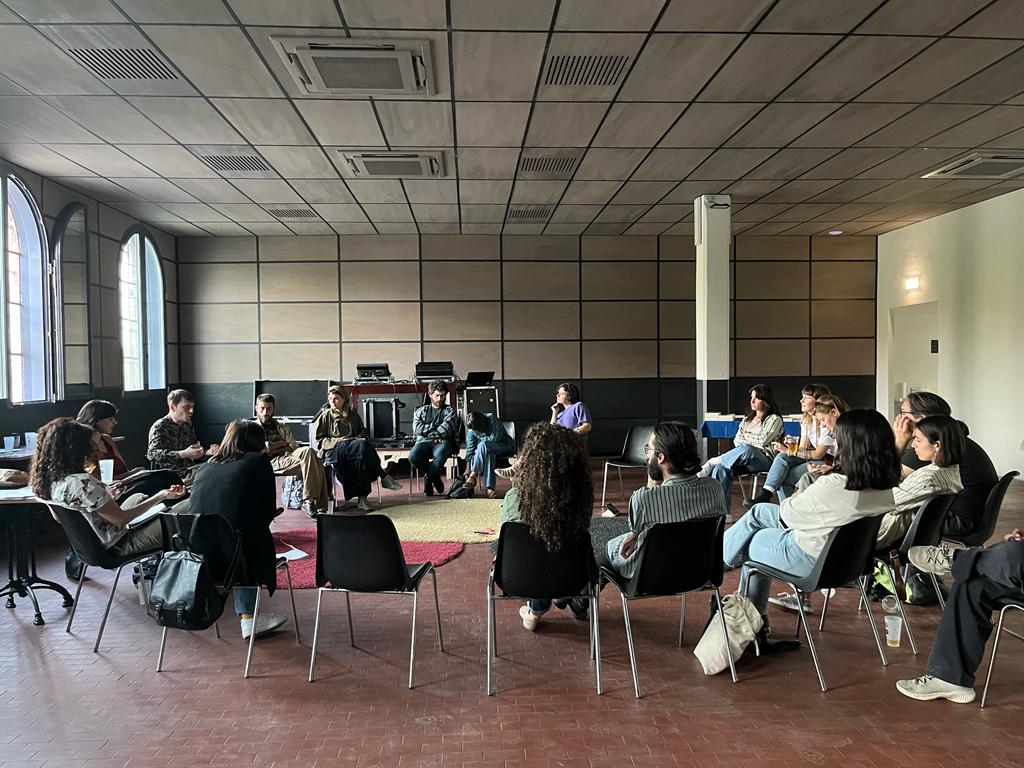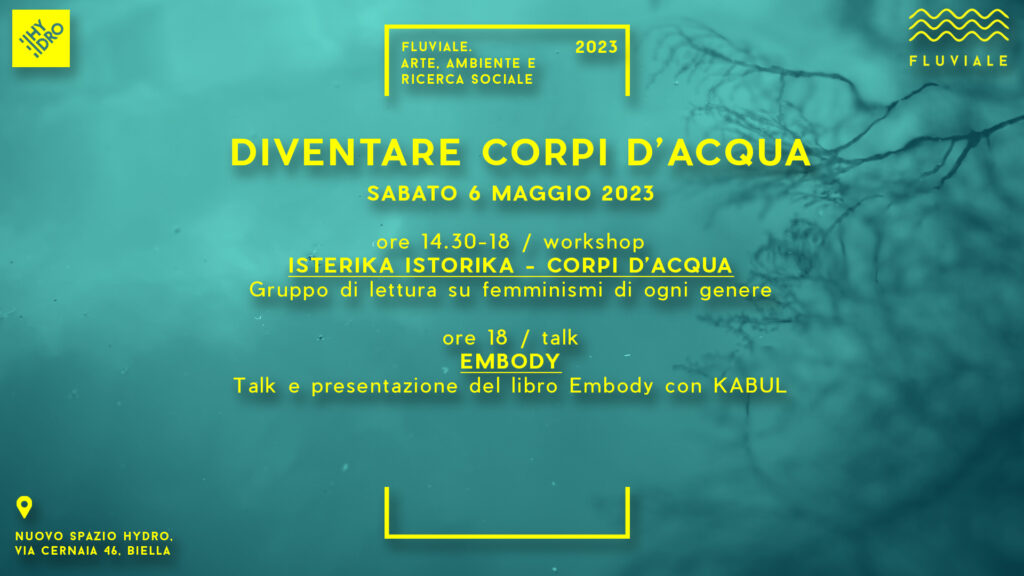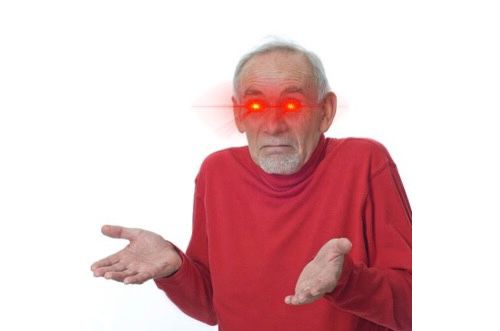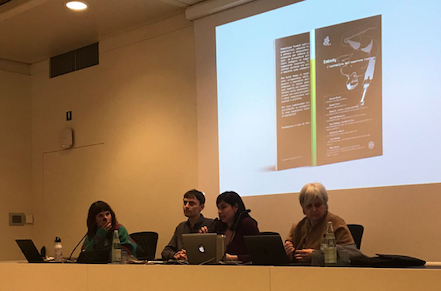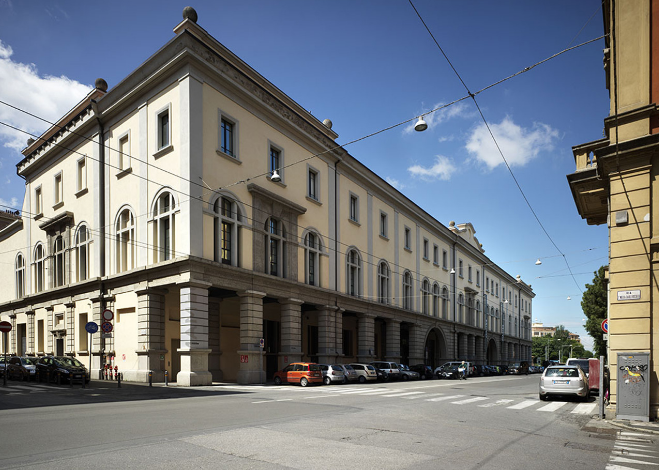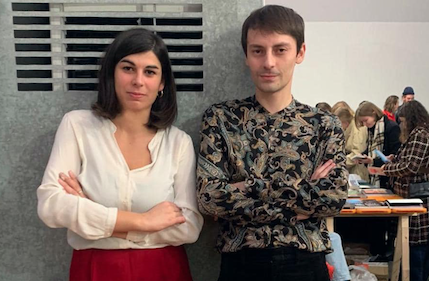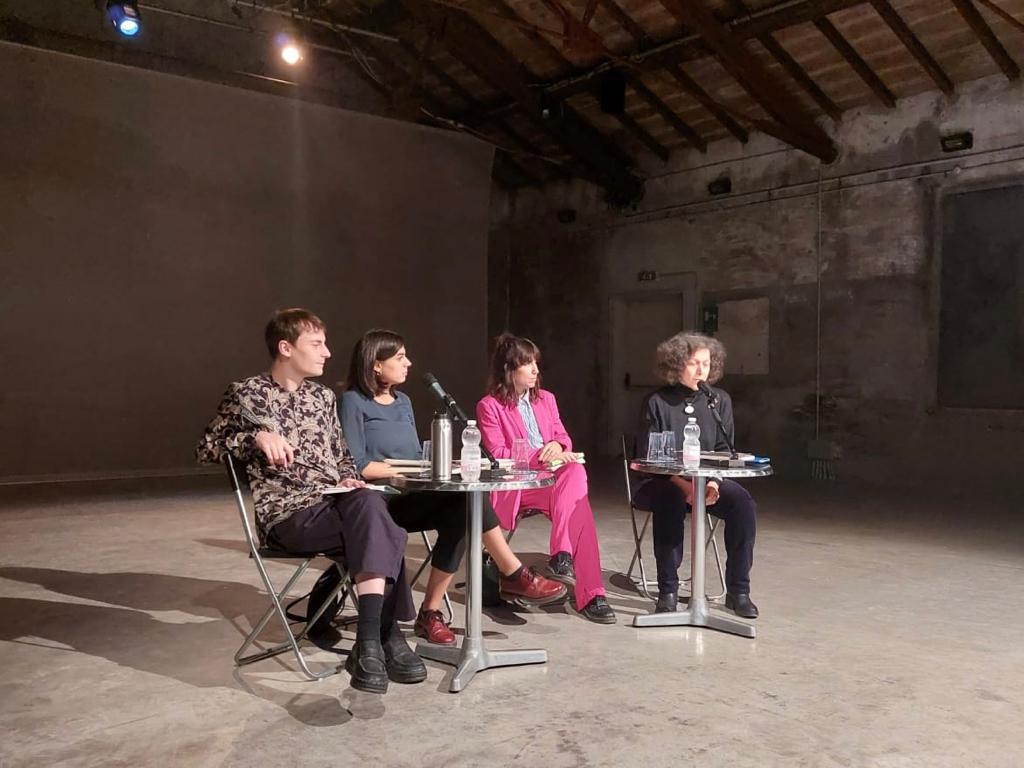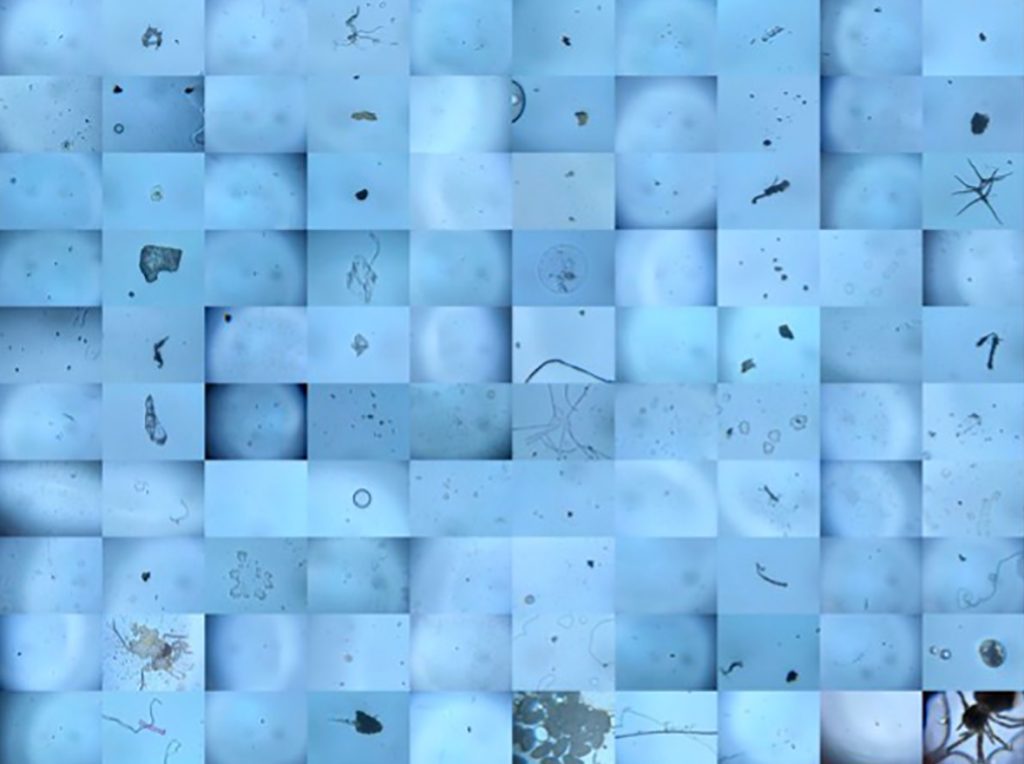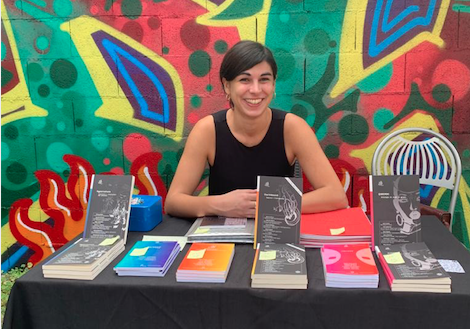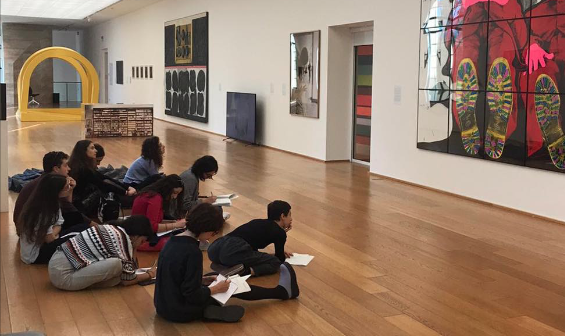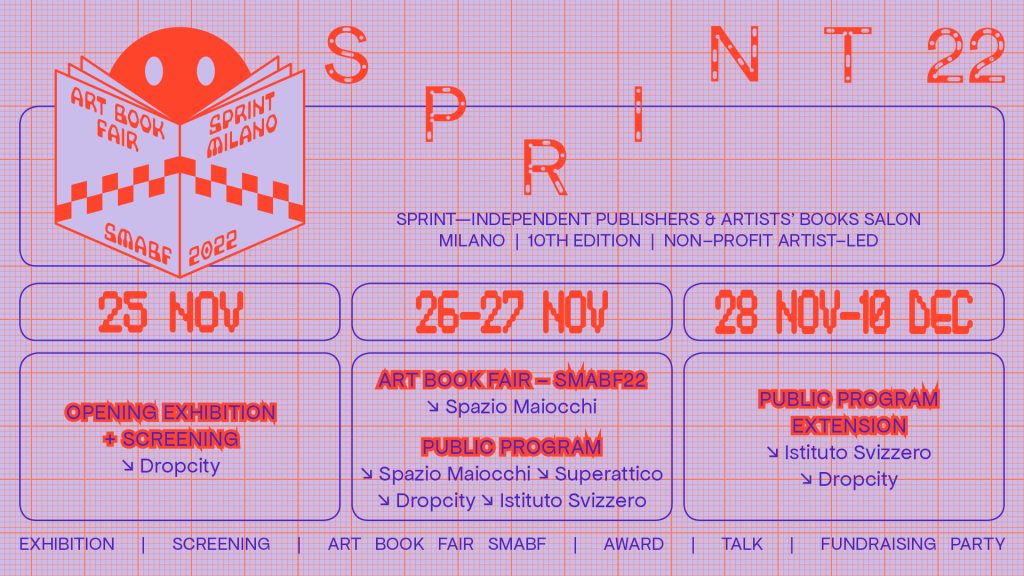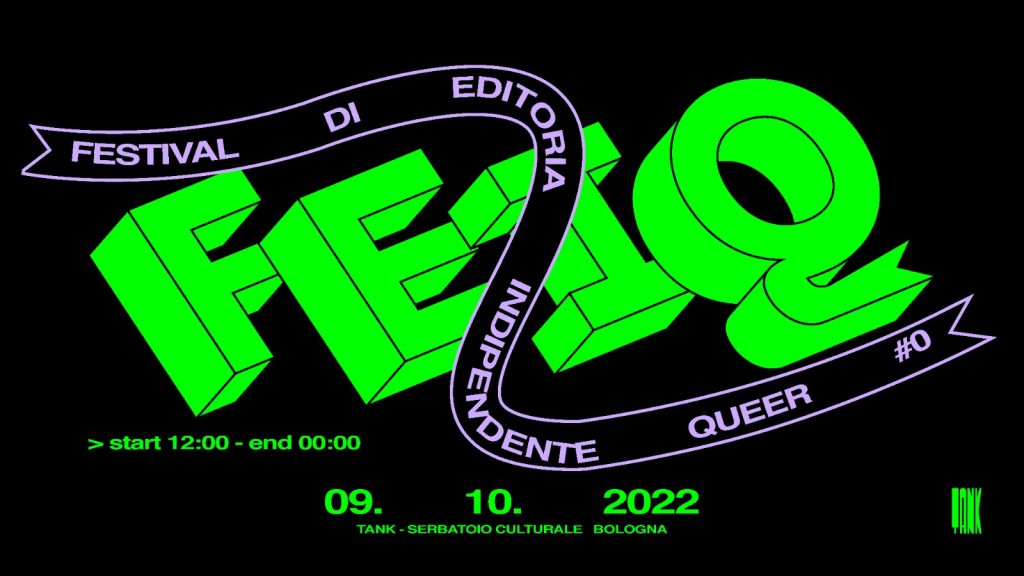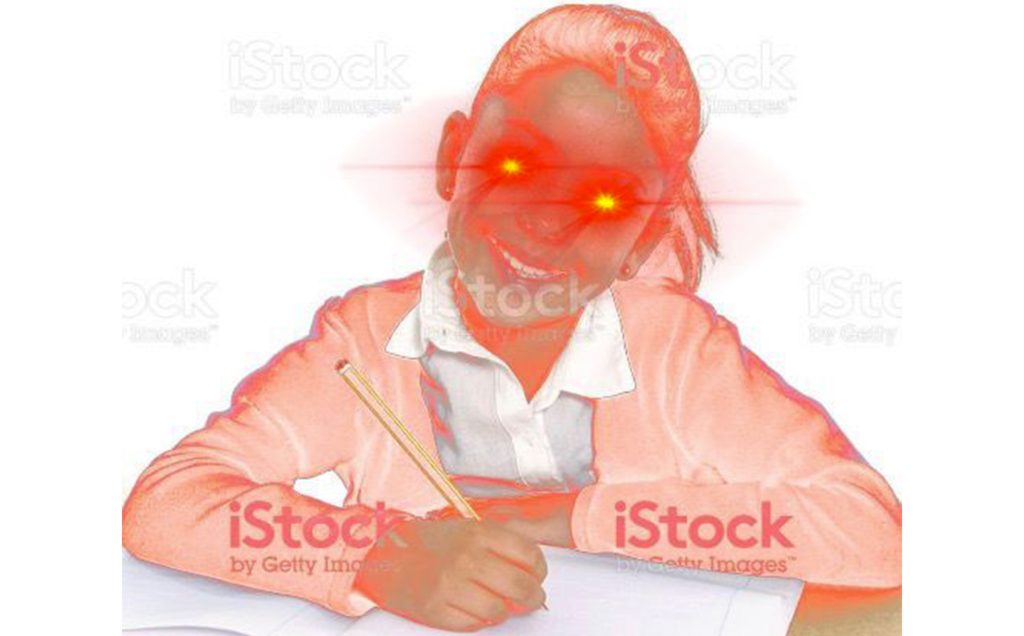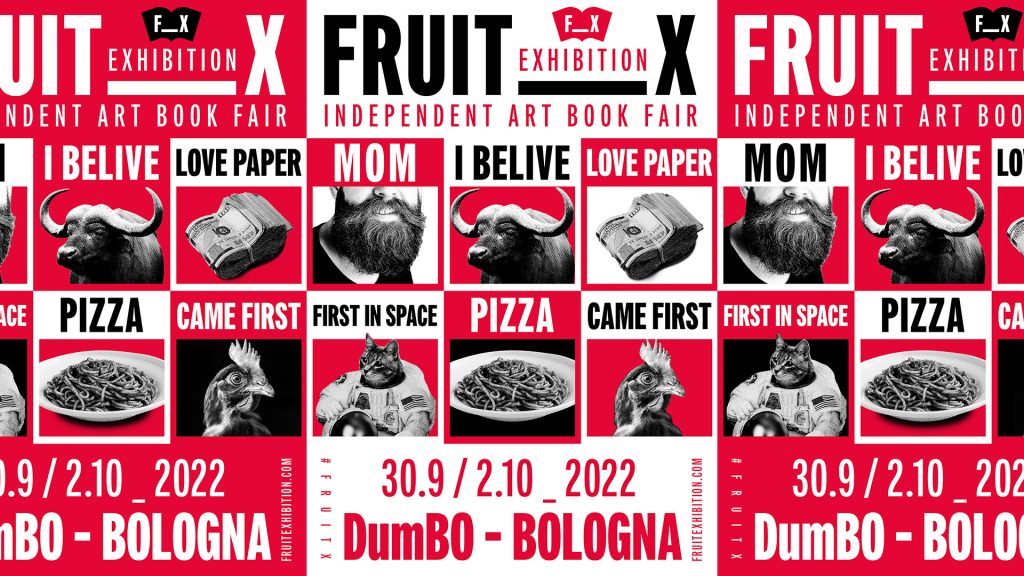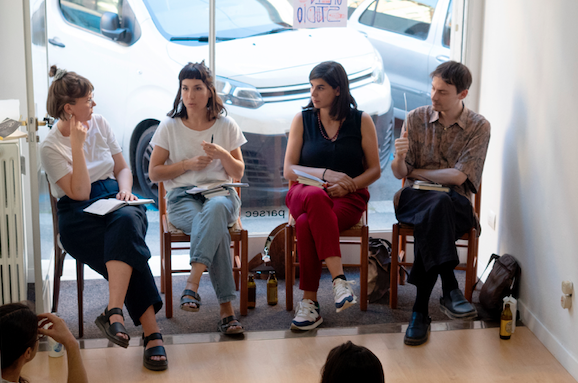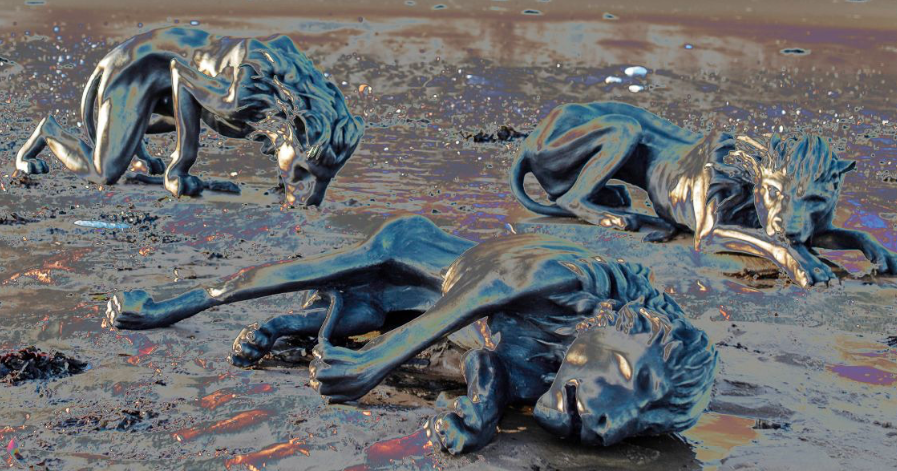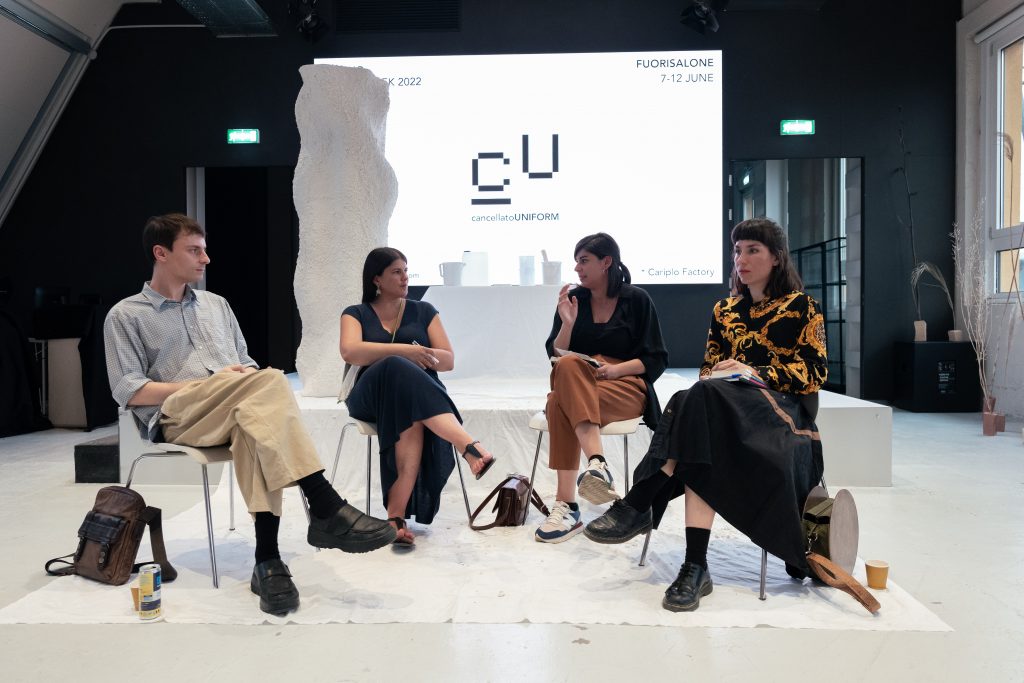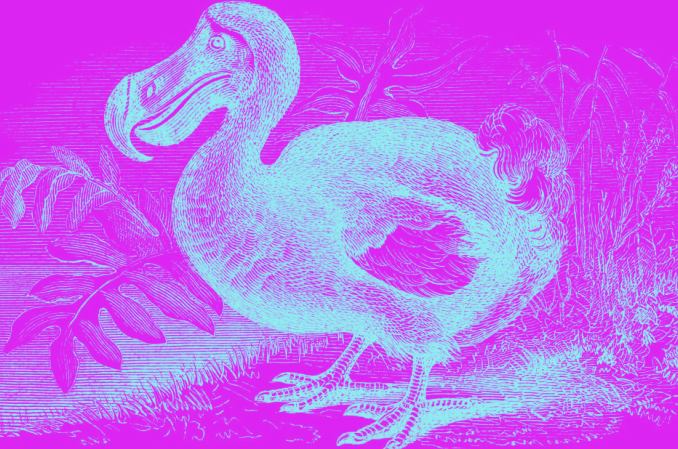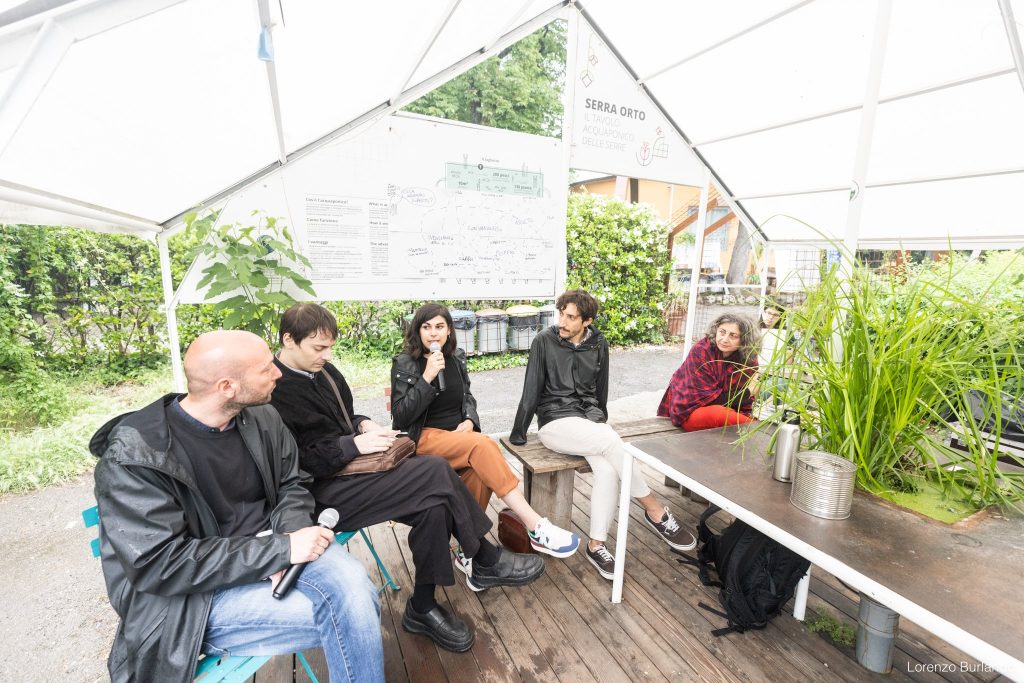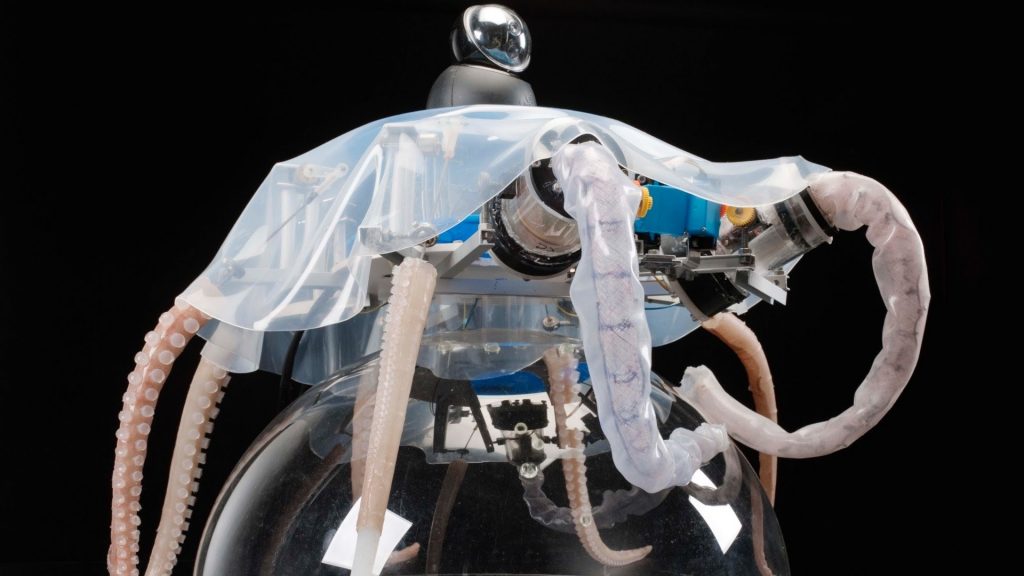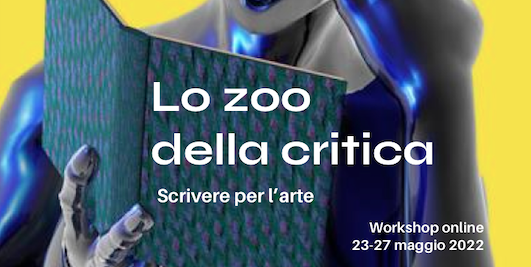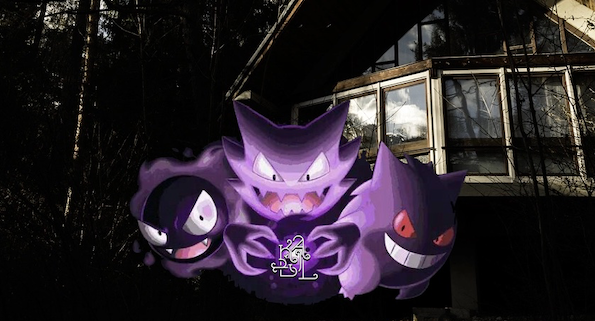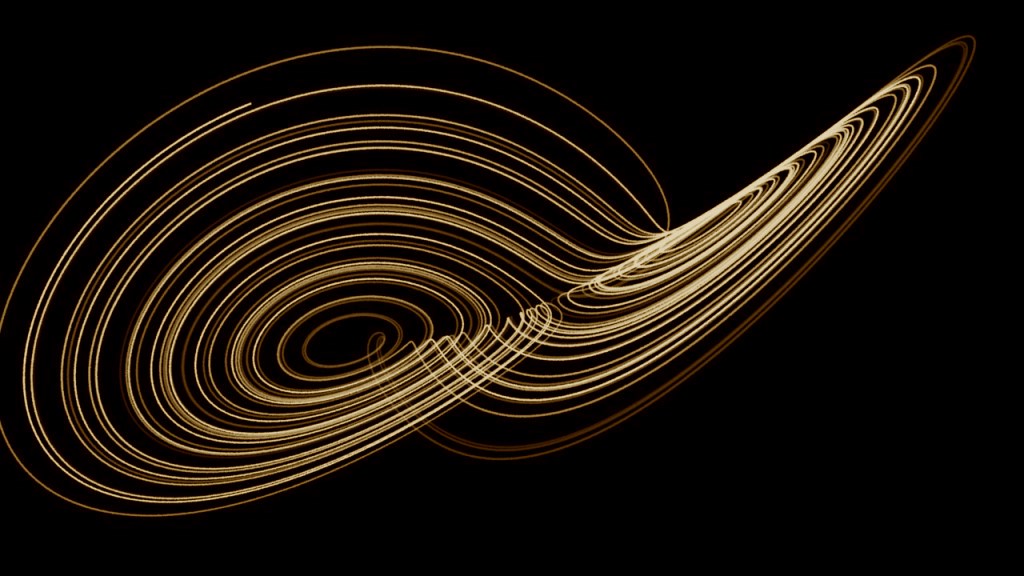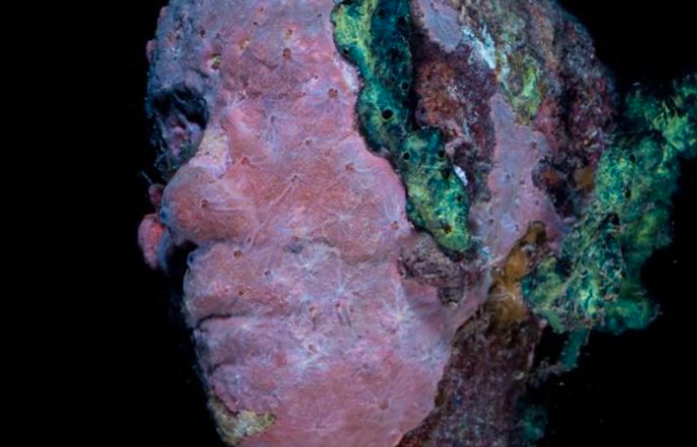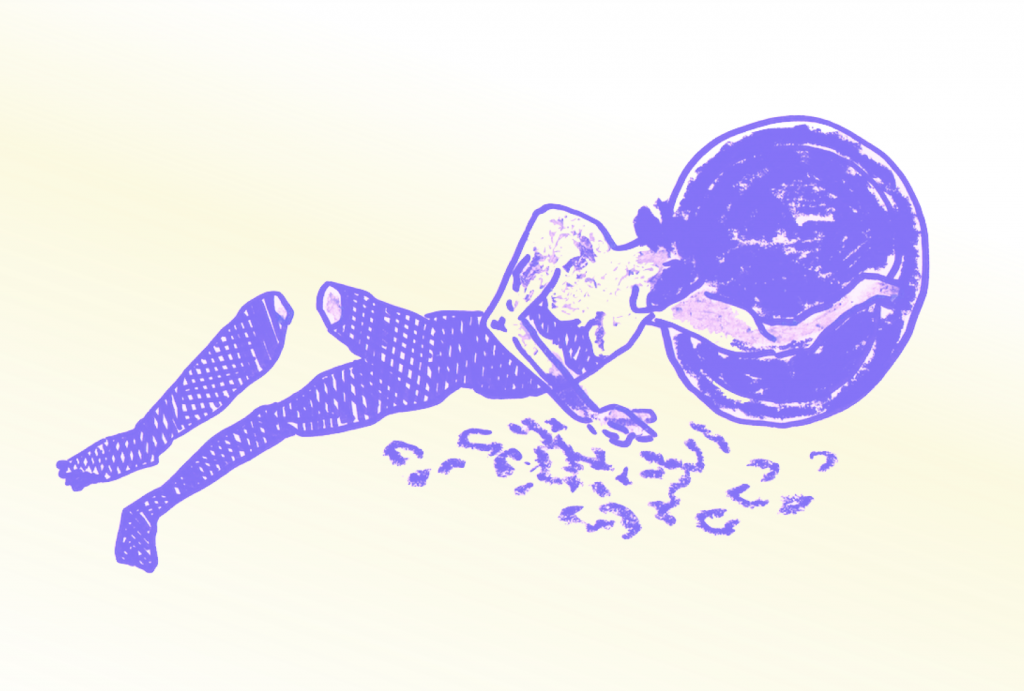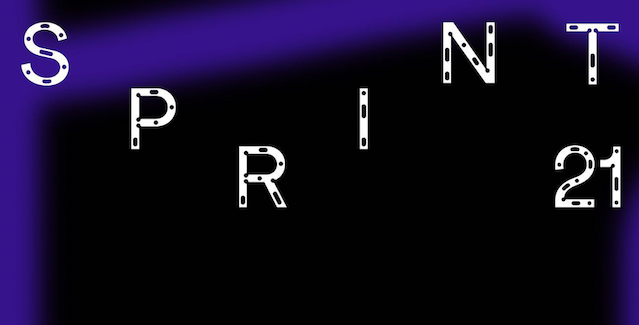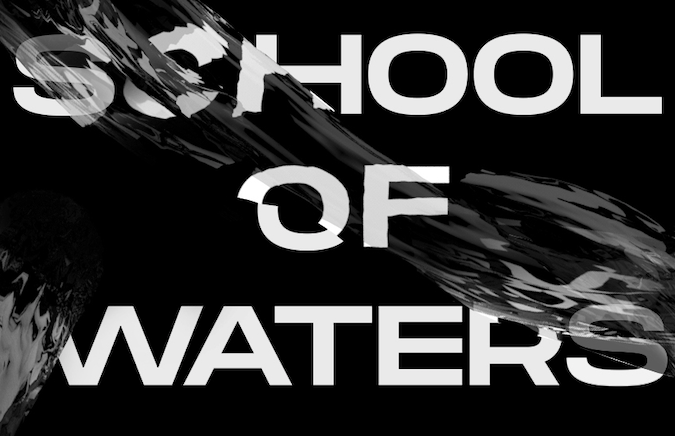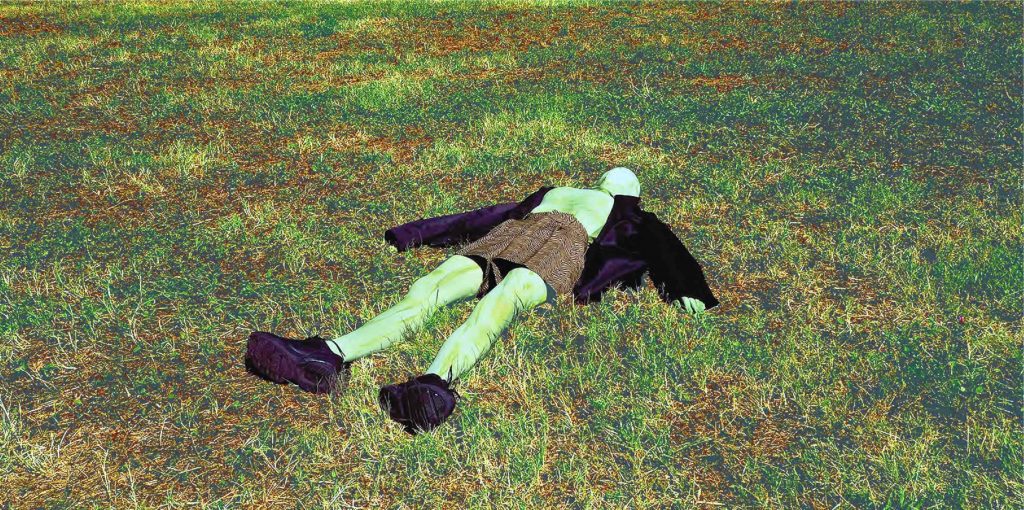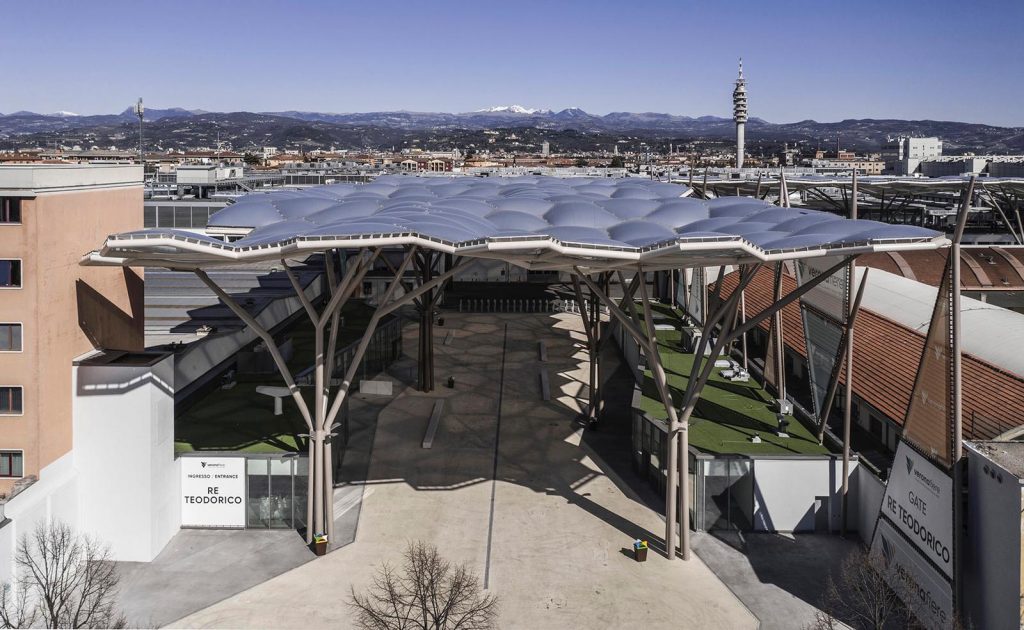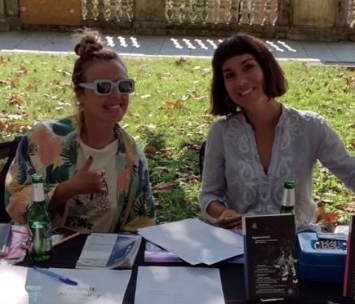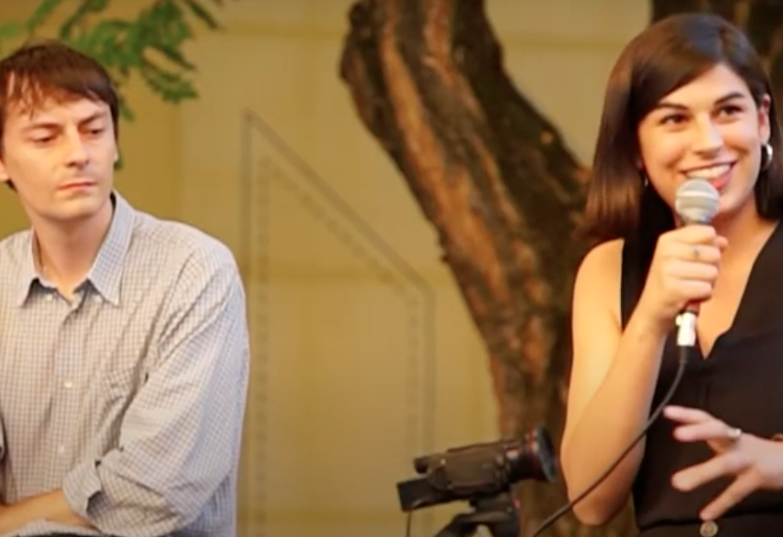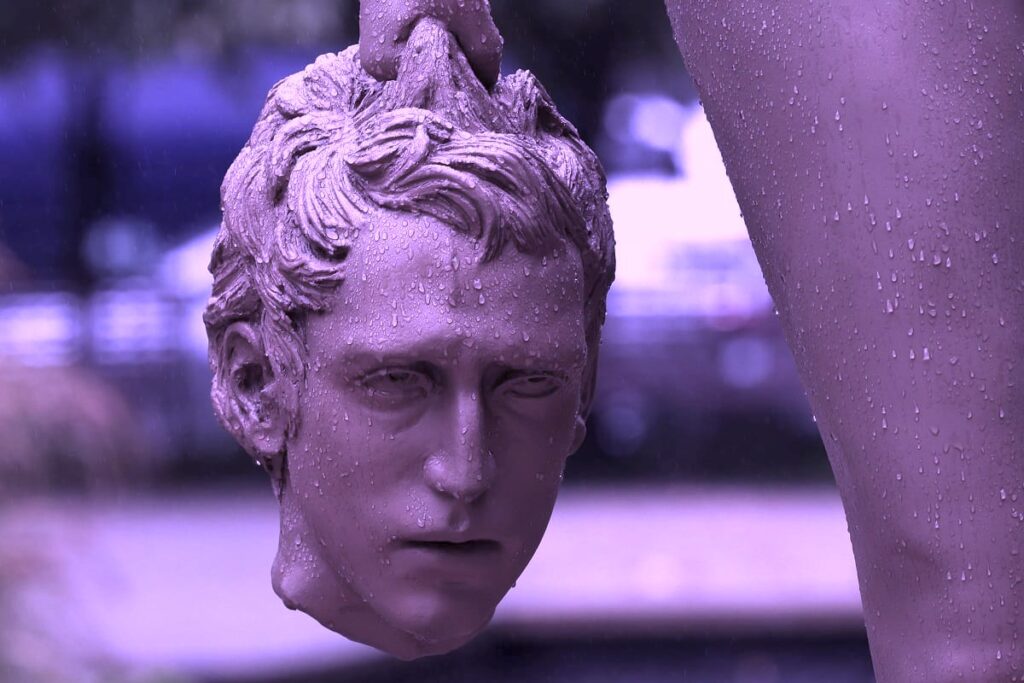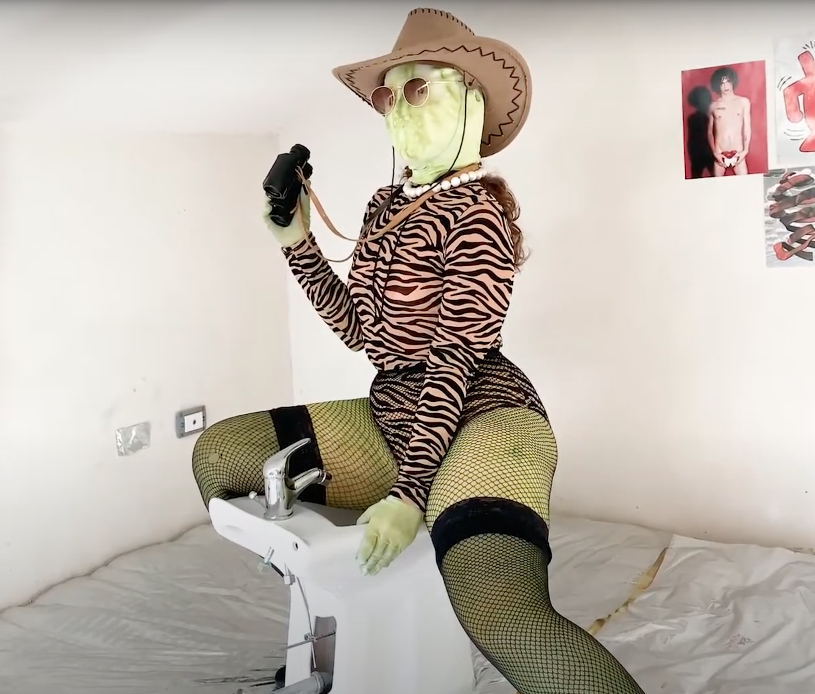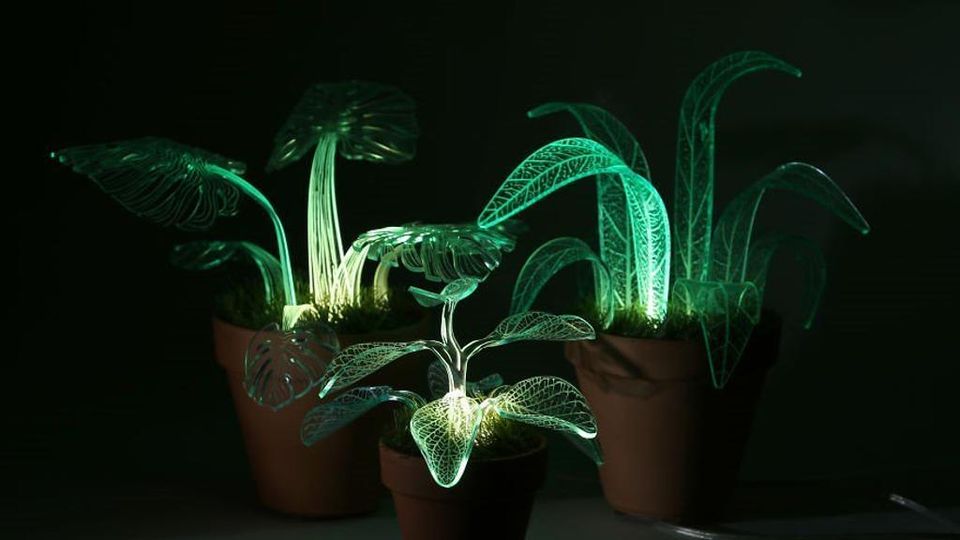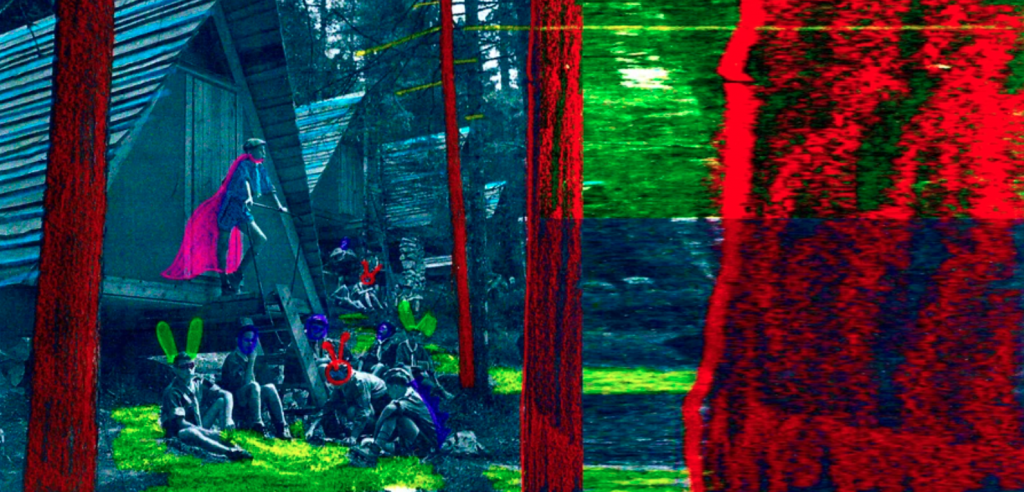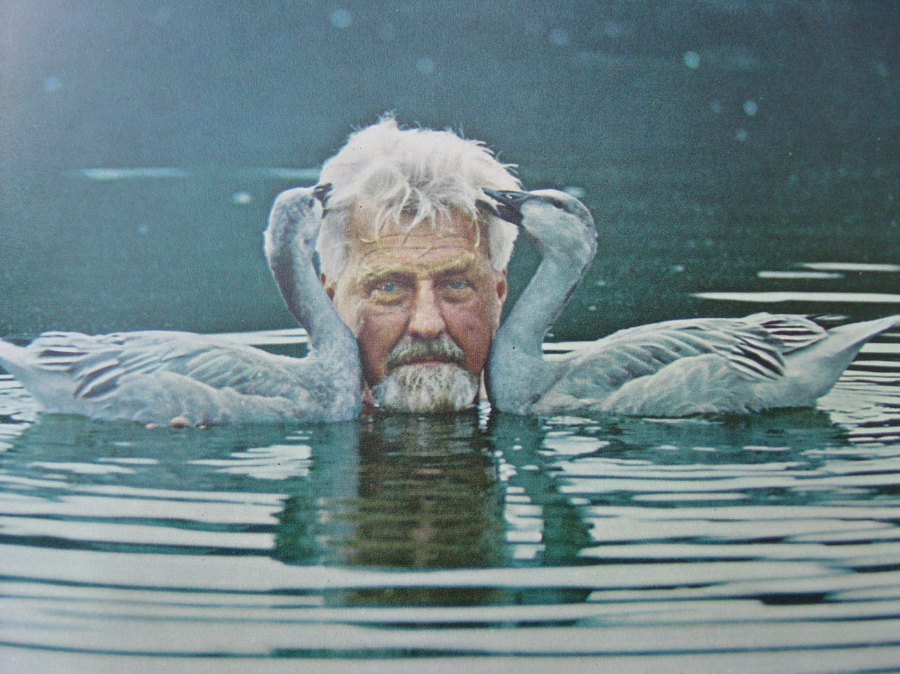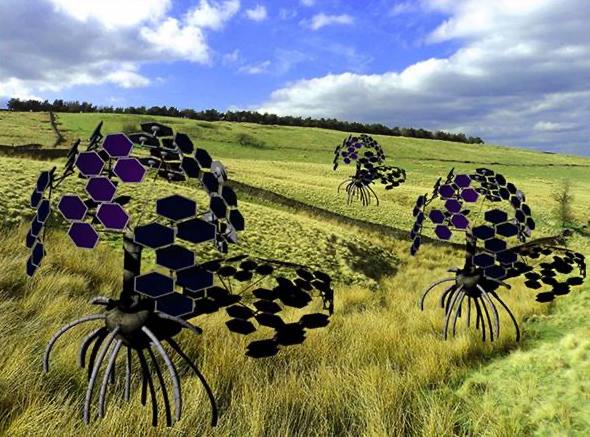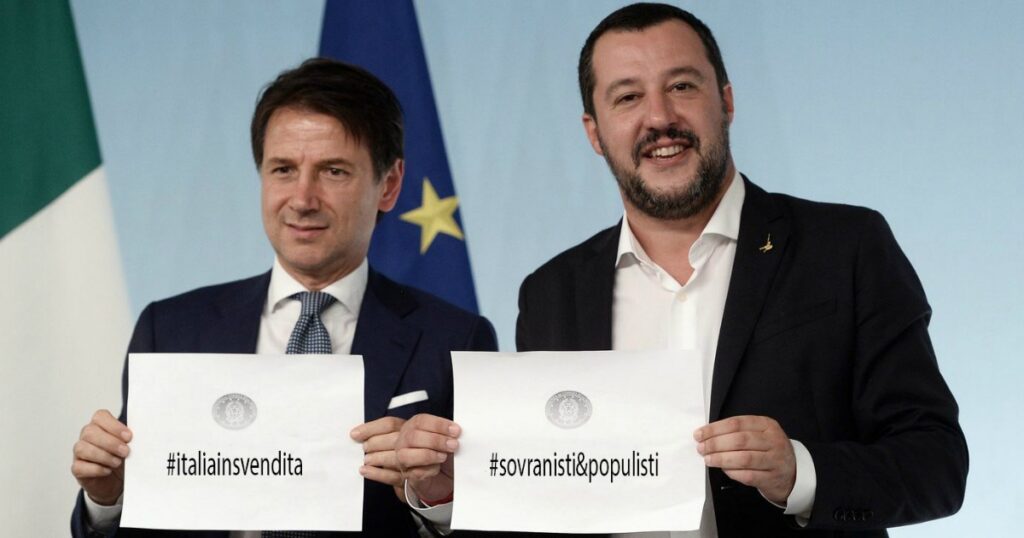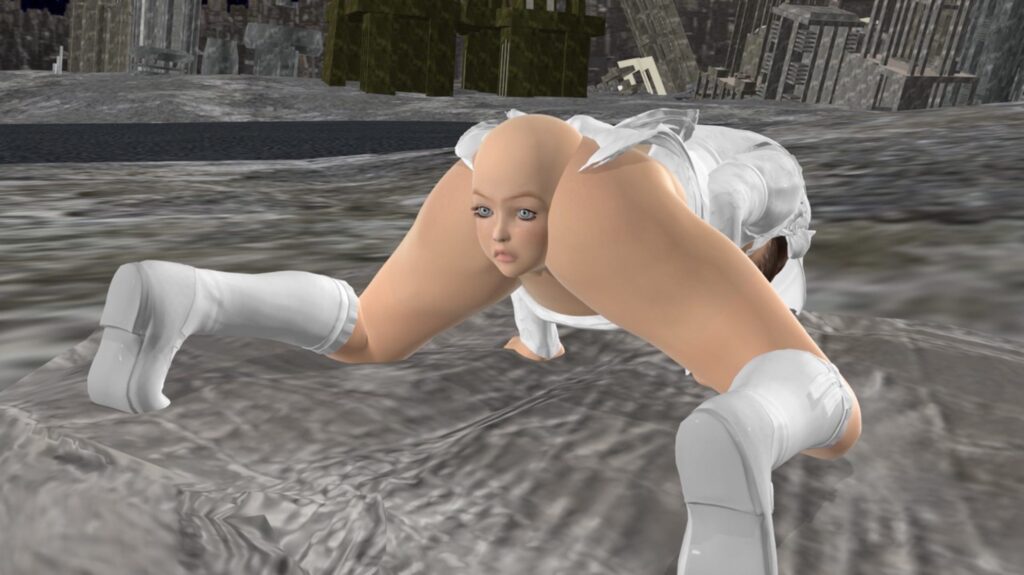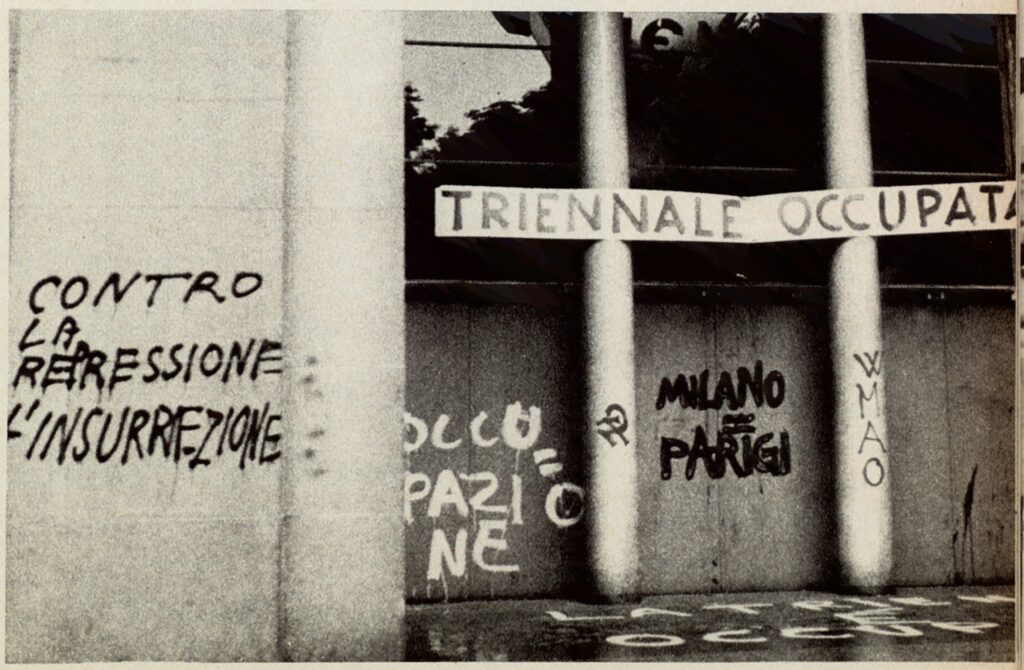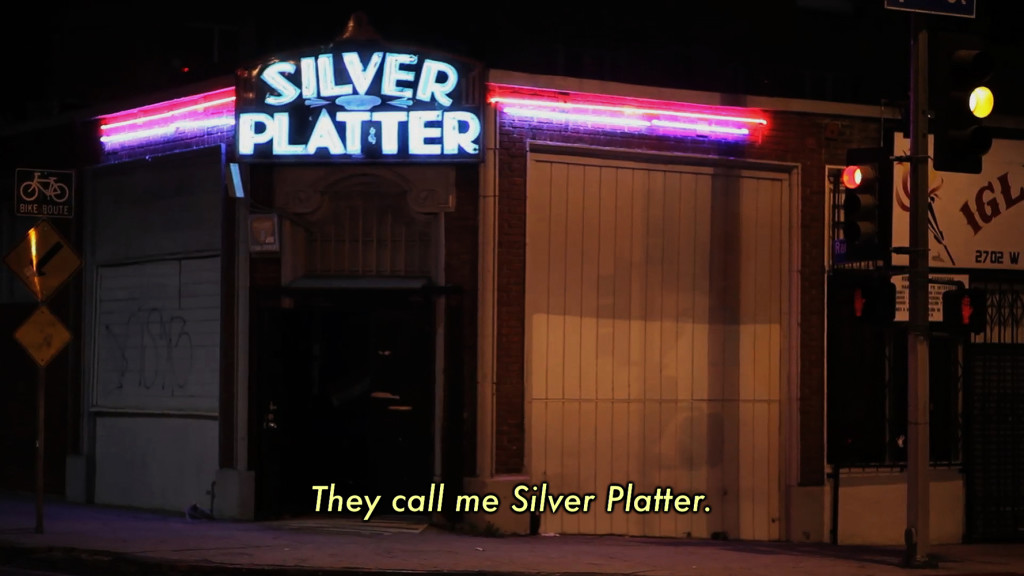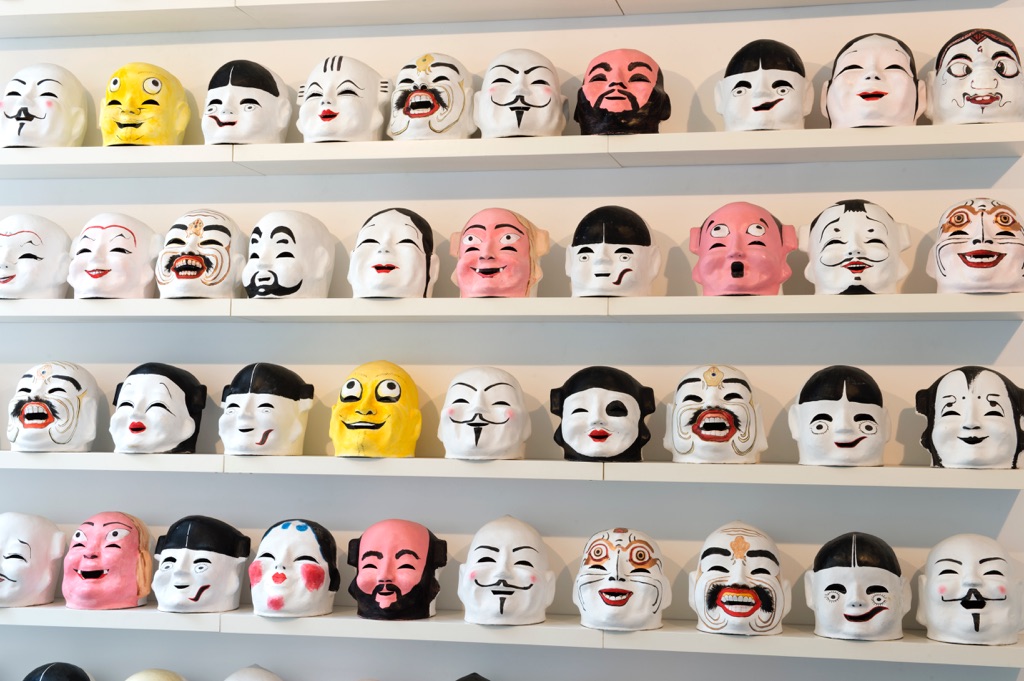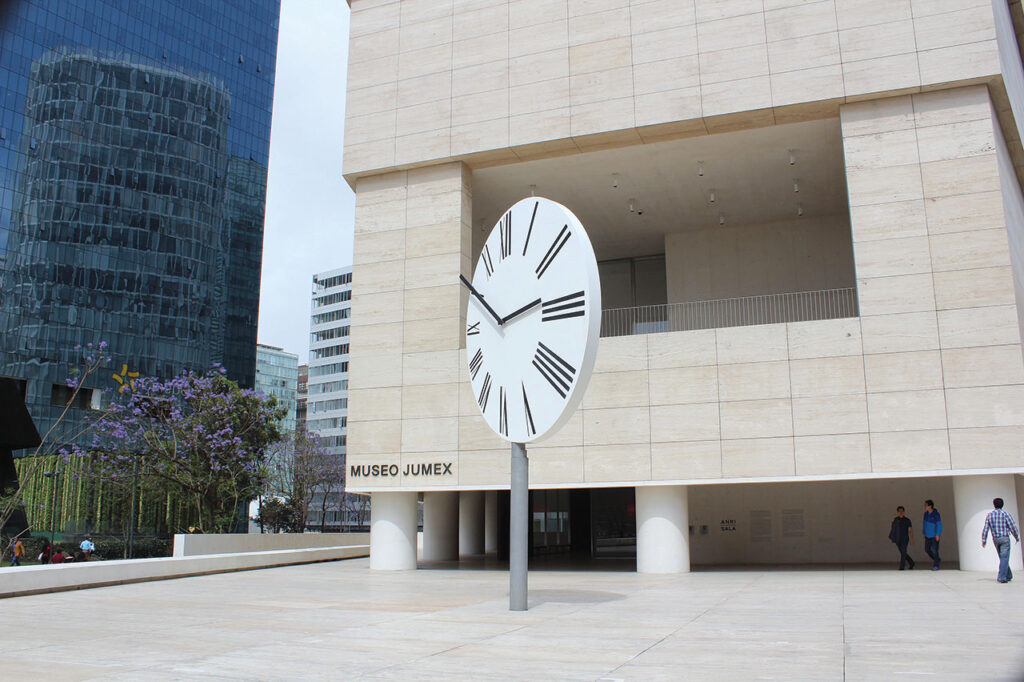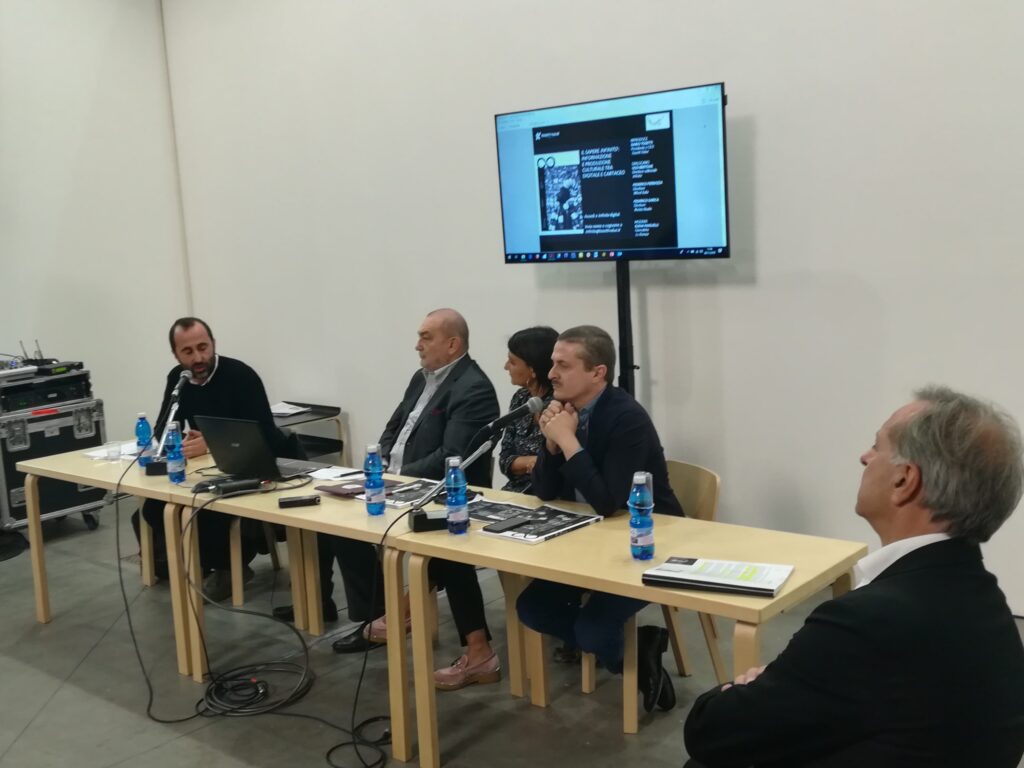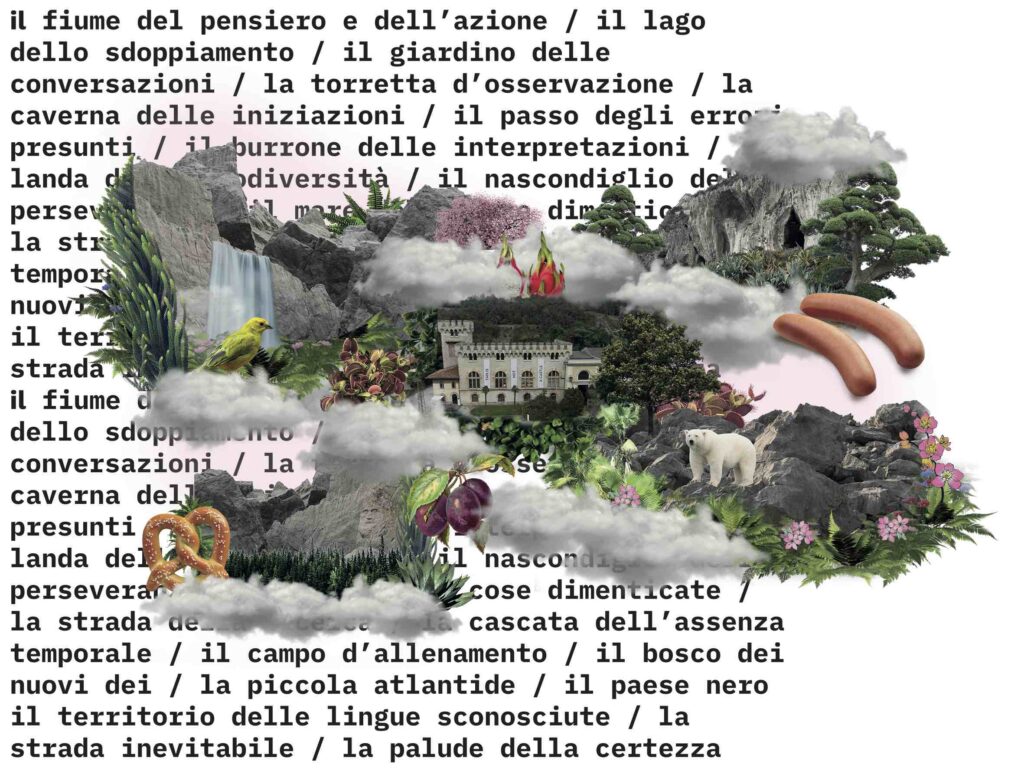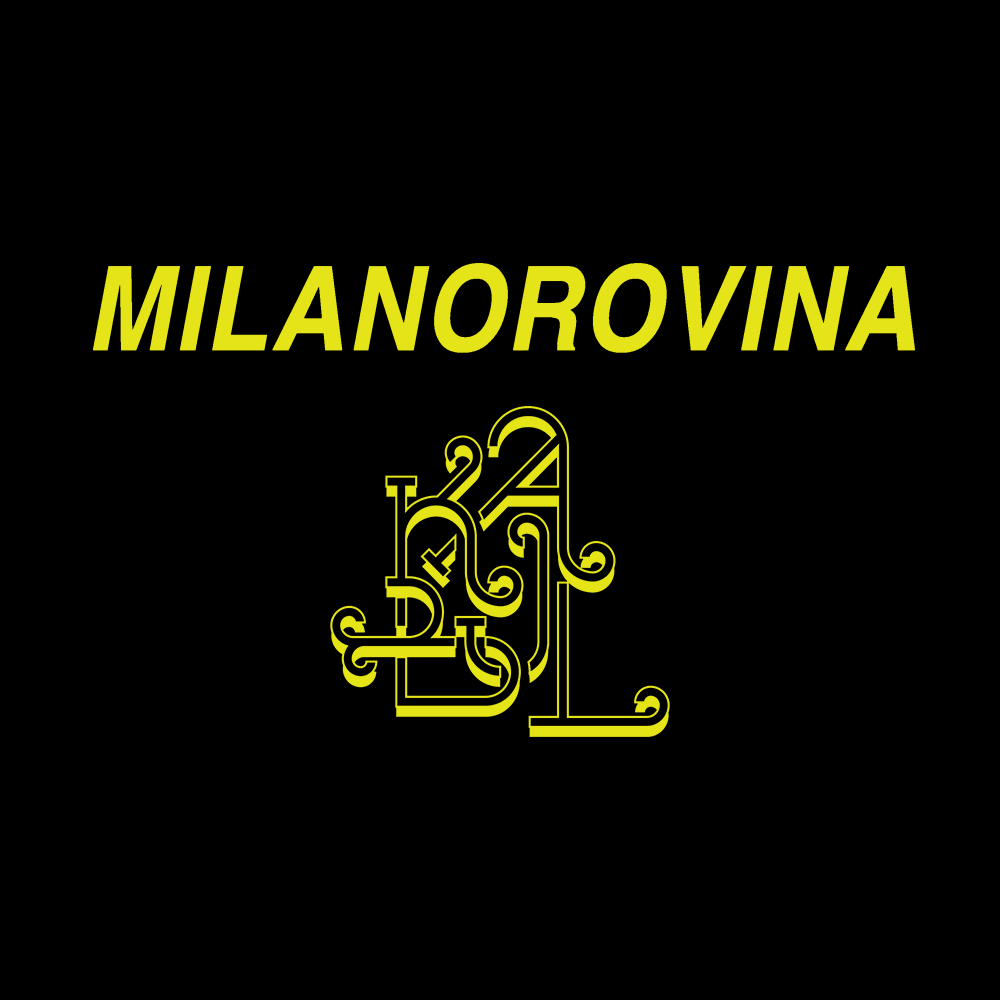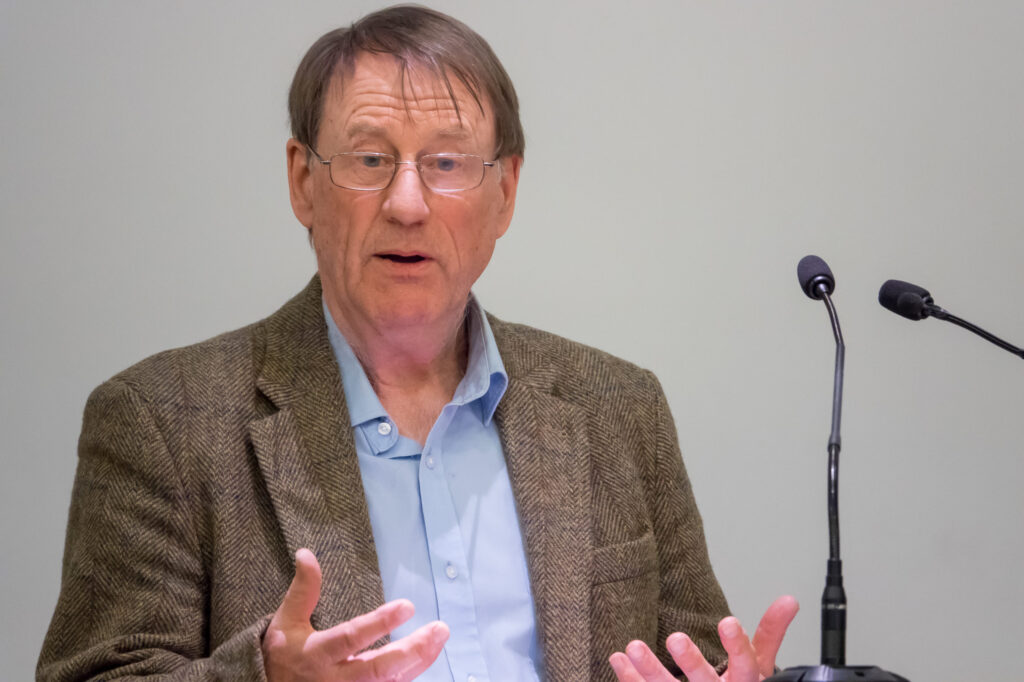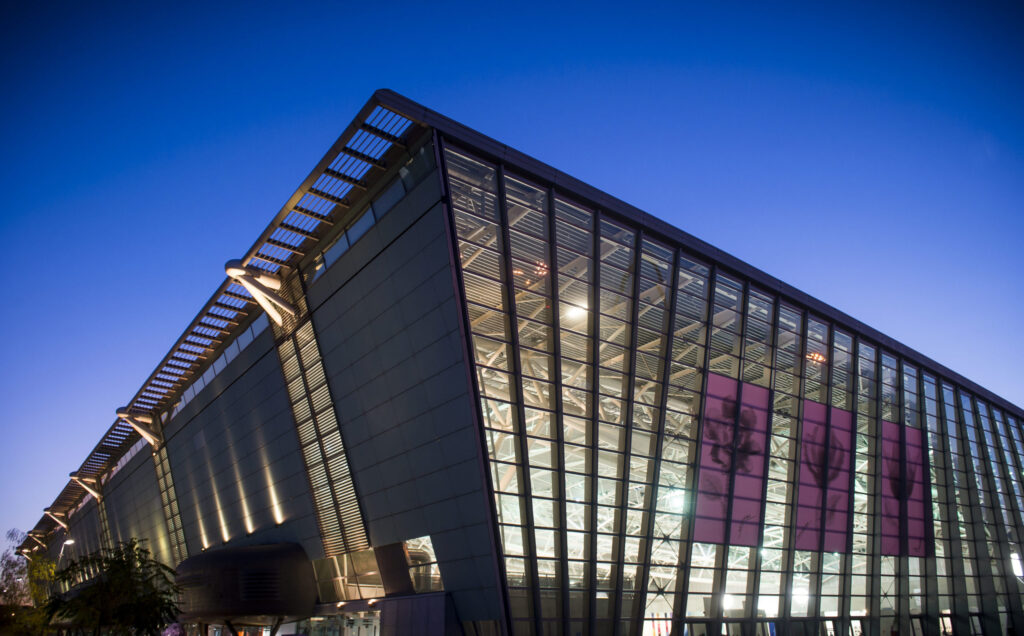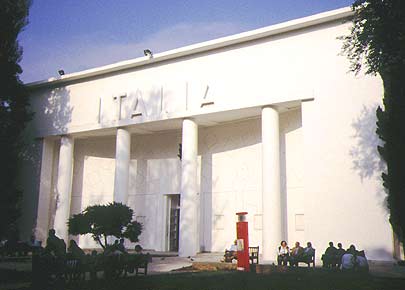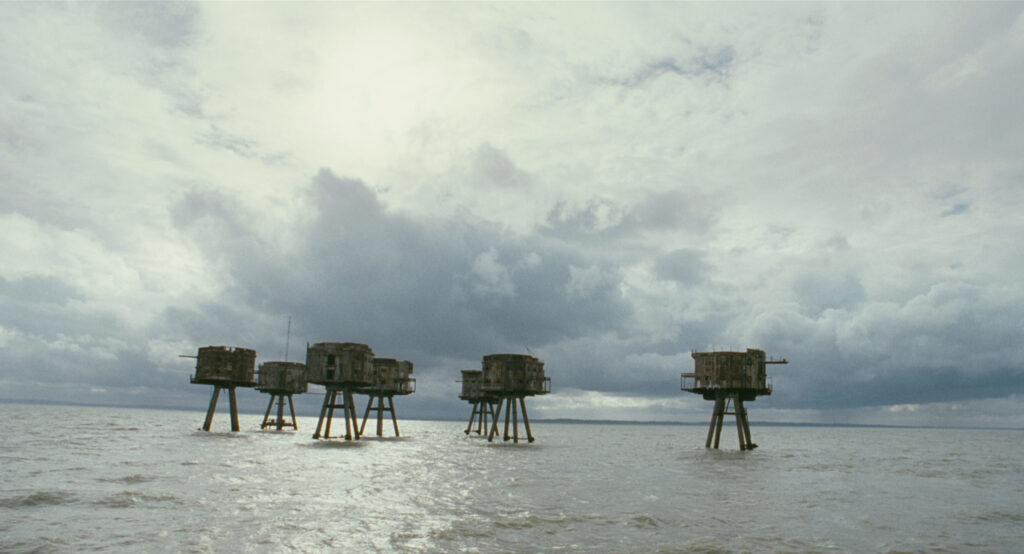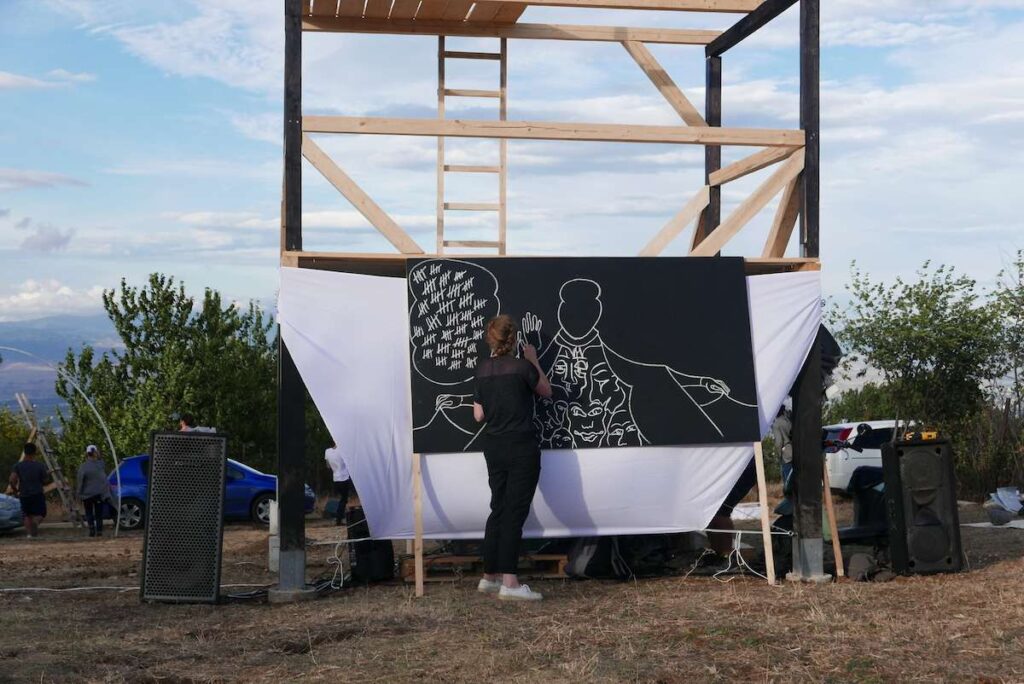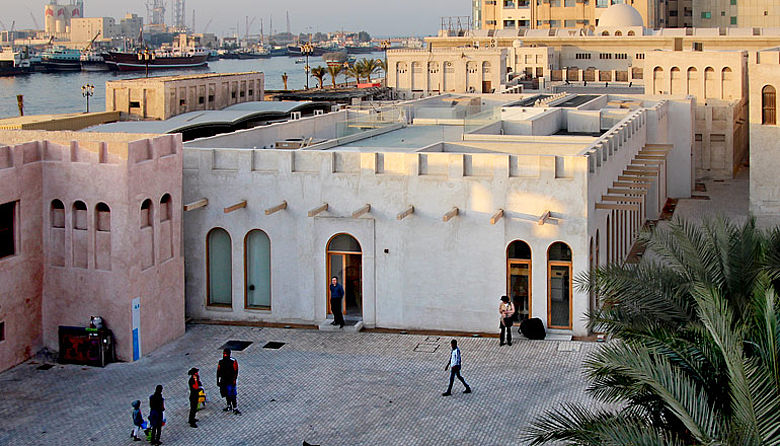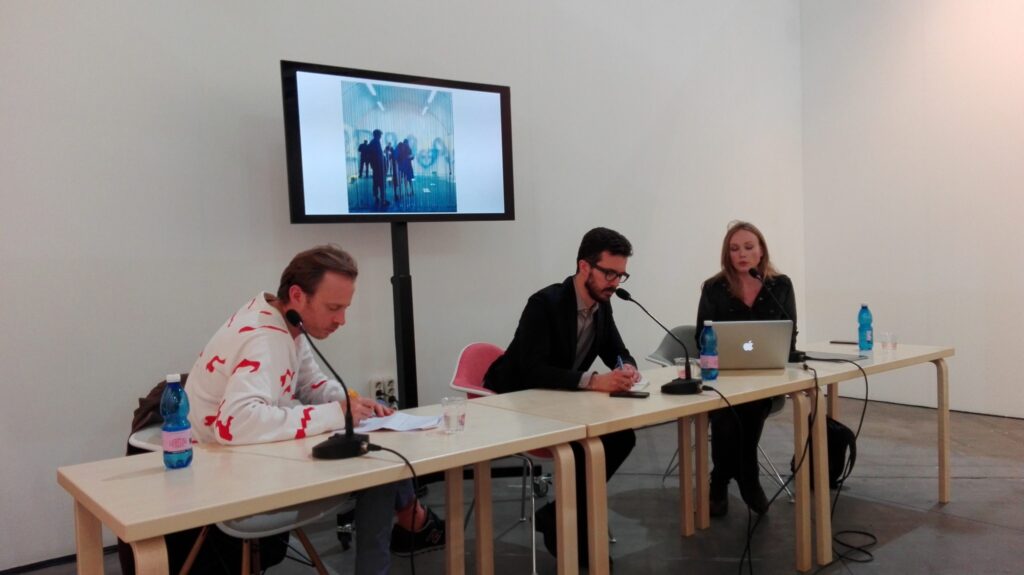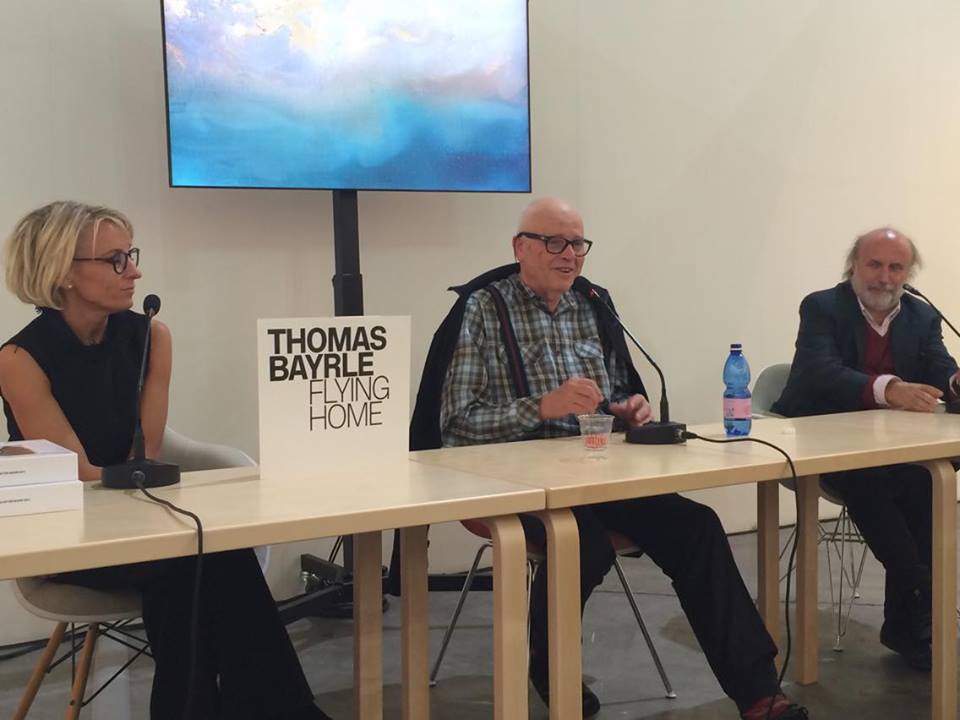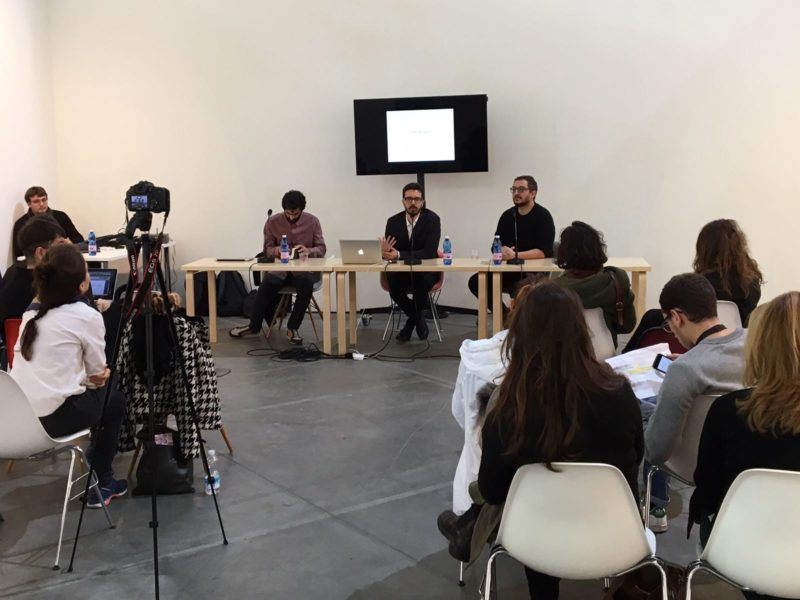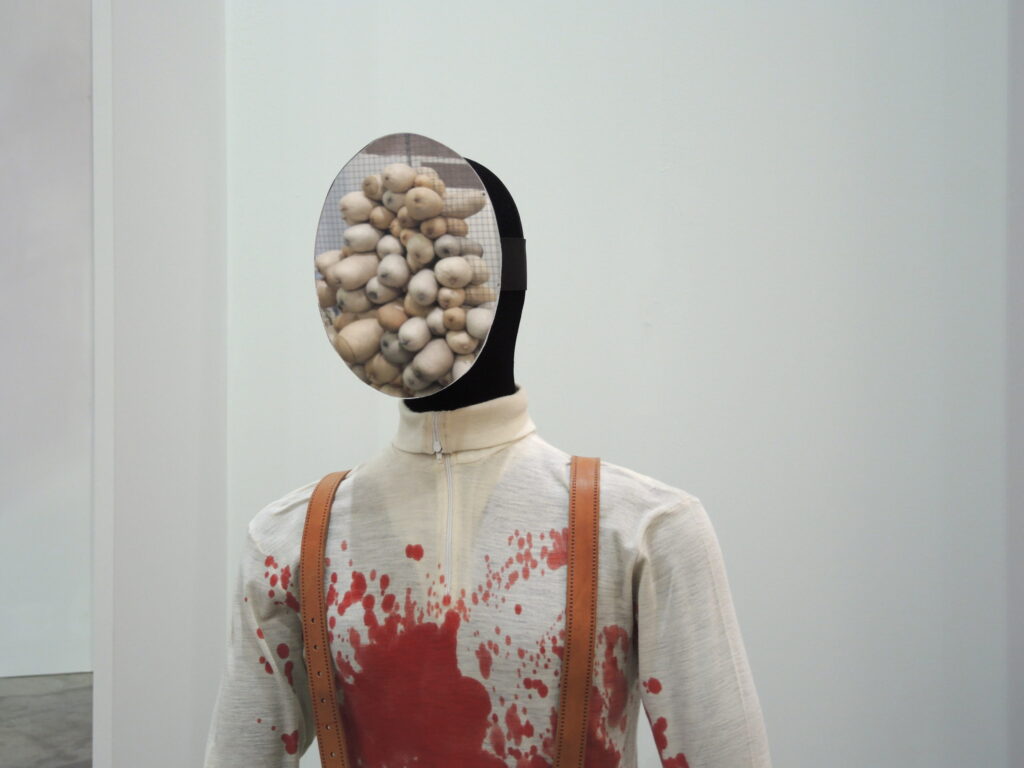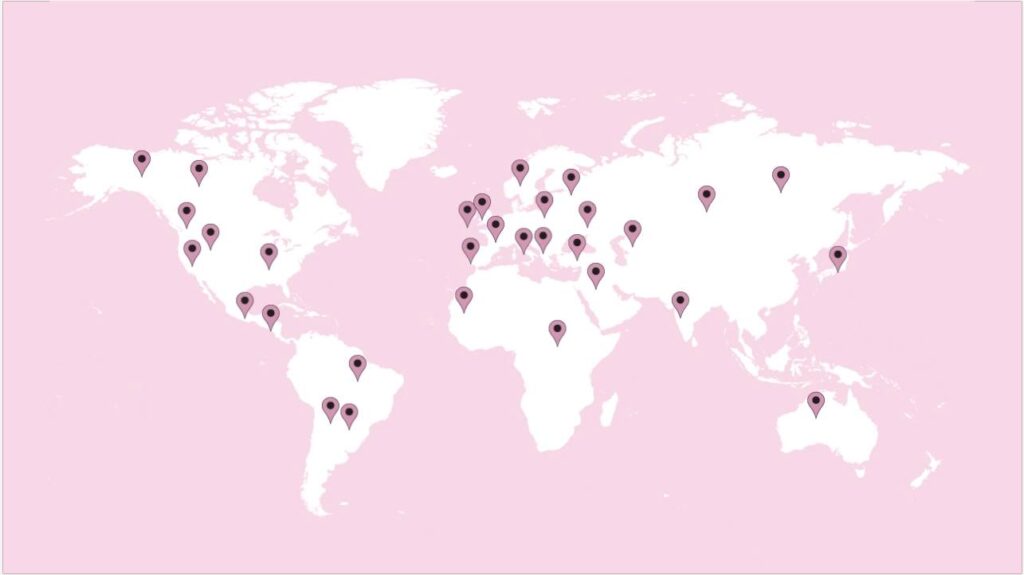 Barbara Kruger, Untitled (Talk Is Cheap), 1985, gelatina su stampa in argento, 15 x 19,2 cm.
Barbara Kruger, Untitled (Talk Is Cheap), 1985, gelatina su stampa in argento, 15 x 19,2 cm.
Flexibility:
The quality of being able to change or be changed easily according to the situation.11‘Flexibility’ in Cambridge Dictionary, http://dictionary.cambridge.org/it/dizionario/inglese/flexibility [accessed on 12 June 2017].
As knowledge economy workers, we are asked to envisage new narratives that enhance multi-layered interpretations of society. We exercise in heterogeneity, establishing artistic and critical junctions to reality. We associate into molecular structures, «constantly forming and reforming bonds with other producers in order to sustain an entire chemistry of signs and meanings».22Raqs Media Collective, A Knot Untied in Two Parts, «e-flux Journal» 56th Venice Biennale, 2, 2015.
We have learnt flexibility and indulgence, supporting with our cognitive labour a system – the «hardwired, thin-skinned, plastic-fantastic»33H. Steyerl, The Wretched of the Screen, Sternerg Press, Berlin 2012, p. 51.
art field – we crave to belong. Although we claim radical imagination, this is often channelled and entangled within the rigid structure of production and consumption. Why this happen? Can our criticality provide «vectors of the possible»44S. Sheikh, Vectors of the Possible: Art Between Spaces of Experience and Horizons of Expectation in On Horizons: A Critical Reader in Contemporary Art, BAK Critical Reader, Utrecht 2011, p. 162.
without being commoditized? Can any maverick criticism be actually practiced?
Until «research of authenticity, ideal of self-management, anti-hierarchical exigency»55C. Mouffe, Artistic Activism and Agonistic Spaces, Art & Research, 1, n.2, 2007.
will be swollen by the neoliberal economy and spewed out as workalcholism and unequal agreements, any kind of criticism66According to Boltanski and Chiapello, there are two main forms of critisim spreading with the wave of 1968; respectively social critique and artistic critique. In New Spirits of Capitalism? Crises, Justifications, and Dynamics, Paul du Gray and Glenn Morgan will introduce two other forms, which are conservative critique and ecological critique. Cf. P. du Gay, G. Morgan, New Spirits of Capitalism? Crises, Justifications, and Dynamics, Oxford University Press, Oxford 2013, pp. 61-62.
will keep on feeding the system. As Chantal Mouffe claims: «Nowadays artistic and cultural production play a central role in the process of capital valorisation and, through ‘neo-management’, artistic critique has become an important element of capitalist productivity».77Cf. Mouffe, Artistic Activism.
In the attempt of analysing the flexibility of capitalism and conceivable way of escaping its subsumption, this essay takes its cue from Luc Boltanski’s and Eve Chiapello’s reflection on network-based organizations and post-Fordist work structures. In The New Spirit of Capitalism, both sociologists move from an unusual perspective, addressing the crisis of anti-capitalist critique which, initially fighting for employee autonomy, have in fact contributed to a more ‘flexible’ reorganization of firms over the last decades of 20th century. Since the text has been published in 2005, consulting an updated interrogation on this title – New Spirits of Capitalism? Crises, Justifications, and Dynamics by Paul du Gray and Glenn Morgan – might be also useful. As the main objective of this short essay is taking on Luc Boltanski’s and Eve Chiapello’s intuition to question the current state of artistic critique, it is relevant to mention a particular case that has recently brought to the fore contradictions of artistic criticism, which willingly or unwillingly still subordinates itself to neoliberal logics. The spreading of anonymous graffiti over Athens against paradoxical nature of dOCUMENTA14 shows a metacriticism on autonomy subsumption. Although German juggernaut of contemporary art champions a «left-wing narrative against neoliberalism»,88iLiana Fokianaki, Y. Varoufakis, We Come Bearing Gifts – iLiana Fokianaki and Yanis Varoufakis on Documenta14 Athens, «Art Agenda», giugno 2017, accesso 12 giugno 2017.
it has been actually perceived as the embodiment of the corporate order that is trying to fight back.
– Autonomy Aspiration
 Graffiti ad Atene, maggio 2017.
Graffiti ad Atene, maggio 2017.
The subsumption of modern notion of autonomy to the post-Fordist networked economy99With ‘post-Fordist networked economy’, Boltanski and Chiapello refer to a new form of organization born in the middle 70s, when a more ‘flexible’ and networked form of work has been preferred to the hierarchical Fordist work structure.
has its roots in the crisis and revival of capitalism experienced in Europe after the protests of 1968. According to Boltanski and Chiapello, the last third of the 20th century witnessed a rapid increase in labour autonomy and flexibility due in part to the support of partisans of the artistic and social critique from the class of ’68. Although their progressive agenda condemned the oppressive world of the 1960s, once in power1010In their analysis, Boltanski and Chiapello mainly refer to French class of ’68 in power, namely the Socialists «who had been elected [in the 1980s] on a programme that assigned a signifIcant role to the protection of labour legislation» (Boltanski, 2005). See also Johan Birch, “The Many Lives of Francois Mitterand,” Jacobin, 2015, https://www.jacobinmag.com/2015/08/francois-mitterrand-socialist-party-common-program-communist-pcf-1981-elections-austerity/ [accessed 12 June 2017].
their proclamations on autonomy, mobility, and adaptability have been progressively fed into a new spirit of capitalism.1111This expression stands for the dynamic interaction between capitalism and its forms of critique, respectively social and artistic for Boltanski and Chiapello, but also conservative and ecological for Du Gay and Morgan.
Embedding these accusations forces within its managing system, capitalism actually mends its process by producing altered responses: «The displacements operated by capitalism allowed it to escape the constraints that had gradually been constructed in response to the social critique and were possible without provoking large-scale resistance because they seemed to satisfy demands issuing from a different critical current».1212L. Boltanski, E. Chiapello, The New Spirit of Capitalism, Verso, London 2005, p. 200.
In this respect, capitalism might be defined flexible due to its capacity of «conforming to societies with aspirations that vary greatly over time».1313Ibid., p. 201.
Although processes of production and consumption seem metahistorical, capitalism has actually such a strong historical aspect consisting in making profitable any kind of human criticality, included that against it strategies. In the revival of the 1970s/80s, neoliberal policies have phagocytised artistic and social critique, displacing progressive programmes and offering back detuned forms of autonomy. Individual self-fulfilment and dynamic flexibility shifted into job insecurity while social engagement and ecological awareness into vague brand activism. In fact, one only speaks about «new form of totalization»1414Ibid., p. 194.
imposing themself as self-evident. The conundrum of capitalism resides in its ‘cycle of recuperation.’ Capitalism recuperates the critique against its process – or better «causes of indignation»1515P. du Gay and G. Morgan (eds.), New Spirits of Capitalism? Crises, Justifications, and Dynamics, Oxford University Press, Oxford 2013, pp. 61-64.
– considering it as market demand and negotiating until situation is once again governable. In doing so, it is attentive to new ideas coming from counterparts, since these can at one time satisfying criticisms but also serve profit. Alternatively, «if the cost of responding to criticism is considered too high, and if capitalism can find another way of making money, organizing production, and managing its workforce»1616Ibid., p. 65.
it will reject criticism, escaping from it. The easiest cases are relocation of firms to lower wages countries, promotion of zero-hour contracts, or unpaid service concealed as training/internship. All of these escapist strategies have been justified under the banner of autonomy and flexibility, while having «in fact rendered more or less obsolete the hopes for a “career”».1717Boltanski, cit., p. 430.
 Francois Mitterand e Margaret Thatcher nel 1981.
Francois Mitterand e Margaret Thatcher nel 1981.
– The Crisis of a Commodity or The Commodity of Crisis?
 La campagna umanitaria #RaceTogether promossa da Starbucks.
La campagna umanitaria #RaceTogether promossa da Starbucks.
What does actually happen when art critique attempts to investigate these capitalist conundrums? Most likely, it comes to be involved into viscous compromises where it is possible exercising freedom but limited to artistic expression only1818A. Szymczyk, 14: Iterability and Otherness – Learning and Working from Athens in Aa. Vv., The documenta 14 Reader, Prestel, Monaco di Baviera 2017, p.22.
without settling an effective agonistic struggle.1919Mouffe, cit.
Since we experience within the era of capitalism realism, it seems barely impossible not being infected by neoliberal consequences. As Hito Steyerl affirms «the art field is a space of wild contradiction and phenomenal exploitation. It is a place of power mongering, speculation, financial engineering, and massive and crooked manipulation».2020Steyerl, cit., p. 98.
As an enterprise of ideas, it follows same rules of firms and financial corporations where opportunism and competition are the norm. However, its peculiar contradiction has to deal with the attempt to unmask forms of oppressions by external actors, while not being able to self-reflect on its own weaknesses. On the one hand, Adam Szymczyk consciously reports «how near impossible it is to realize a project that aims at making a political statement from within the organizational structure and constrained position of a state subsidized cultural institution (one with additional institutional, corporate, and private funding involved, of course)».2121Szymczyk, cit., p.22.
However, as most recently Tsipras – but also Mitterand in the 1980s – he is evidently divided between two ambitions: the autonomy of experimenting while bringing social change and the constraint of cultural diplomacy and neoliberal structures. «The institutional self-preservation mechanism of documenta does not easily allow for “experiments” that go beyond what can be projected onto the notion of artistic freedom».2222Ibid.
Choosing the path of compromise might be an option2323Fokianaki, Varoufakis, cit.
, but recognizing the paradoxical nature of the enterprise called documenta while keeping on «propagate the very process that is causing the country’s [Greece] crisis» is inconsistency.
 Poster ad Atene, Maggio 2017.
Poster ad Atene, Maggio 2017.
«Addressing the intrinsic conditions of the art field, as well as the blatant corruption within it —think of bribes to get this or that large-scale biennial into one peripheral region or another — is a taboo even on the agenda of most artists who consider themselves political».2424Steyerl, cit., p. 98.
There are burdens and honours only reserved to outsiders, as happened in Athens with anonymous graffiti makers. But maybe, as knowledge economy workers, we should start unleashing the cycle of appropriation and contradictions, firstly pinpointing the artistic critique as a sick political space, instead of representing an enemy outwards, which will always make profit of our cognitive labour.


